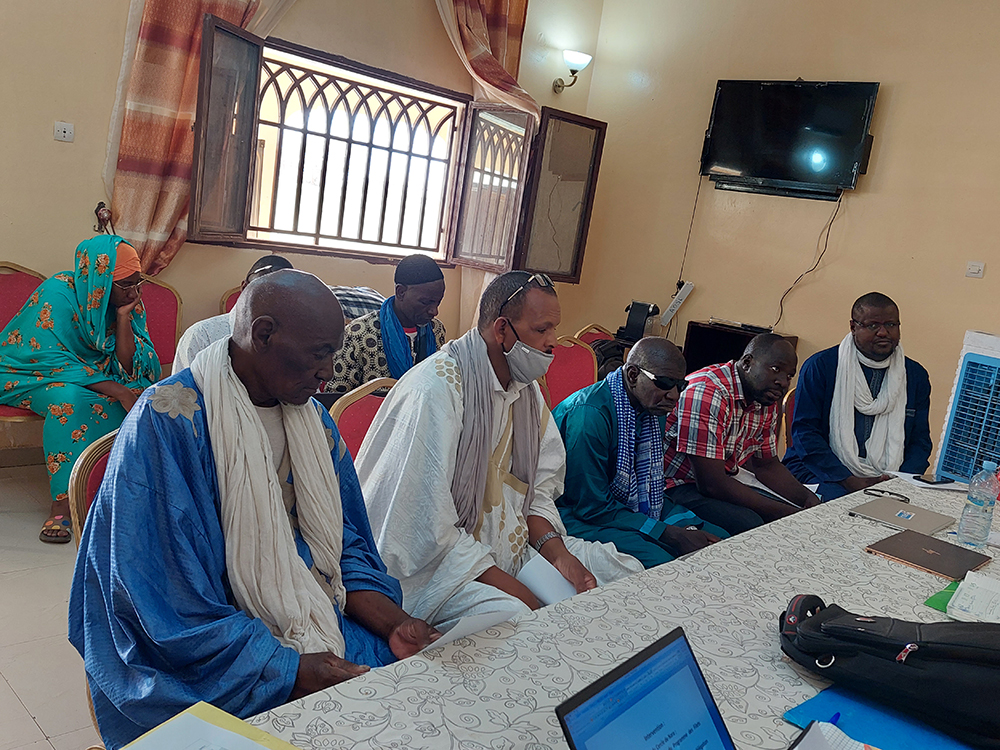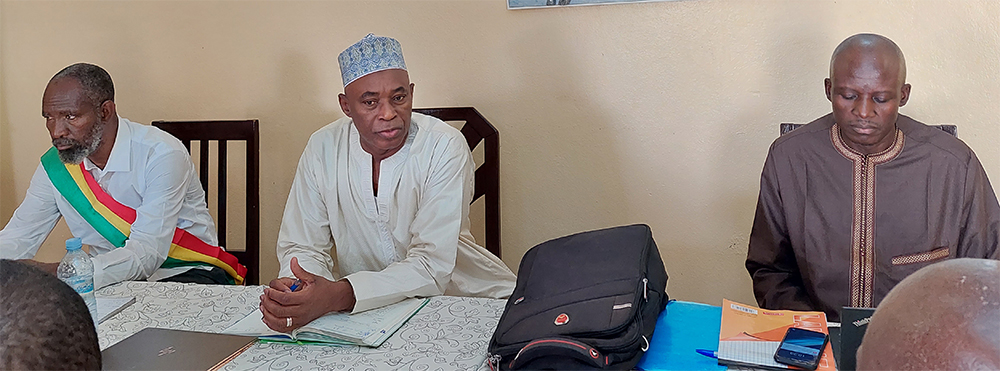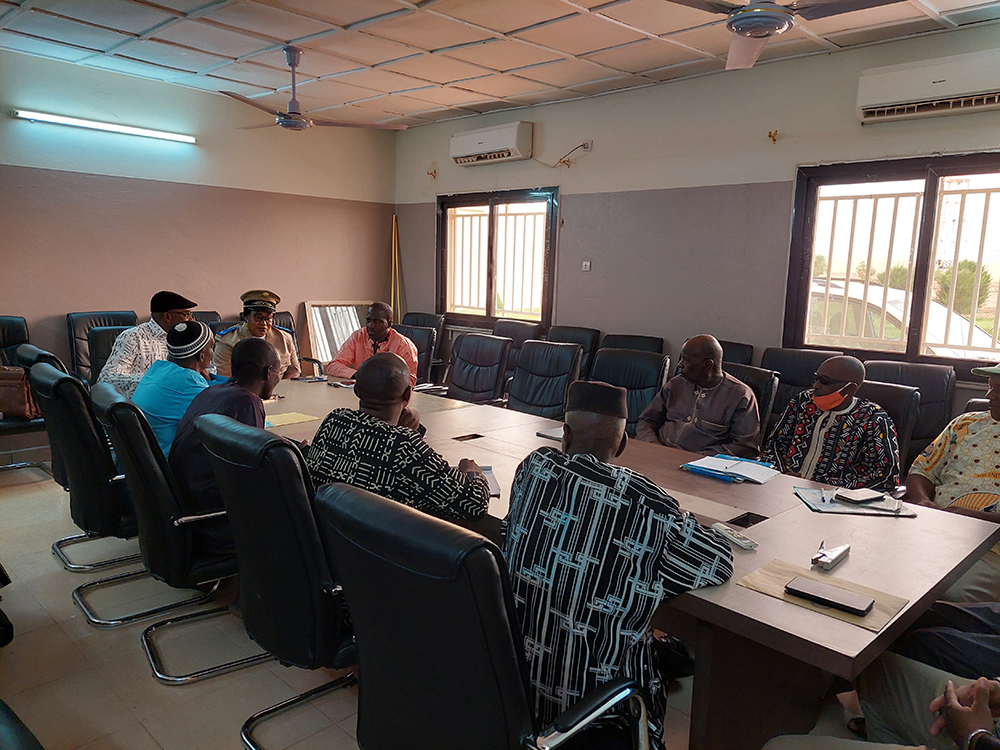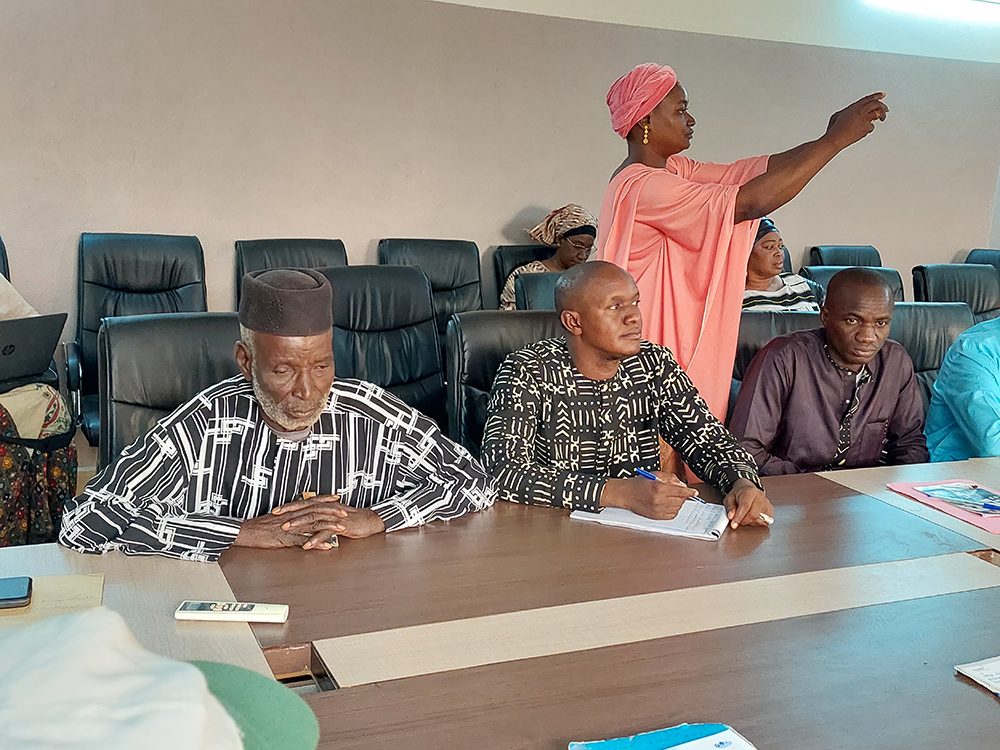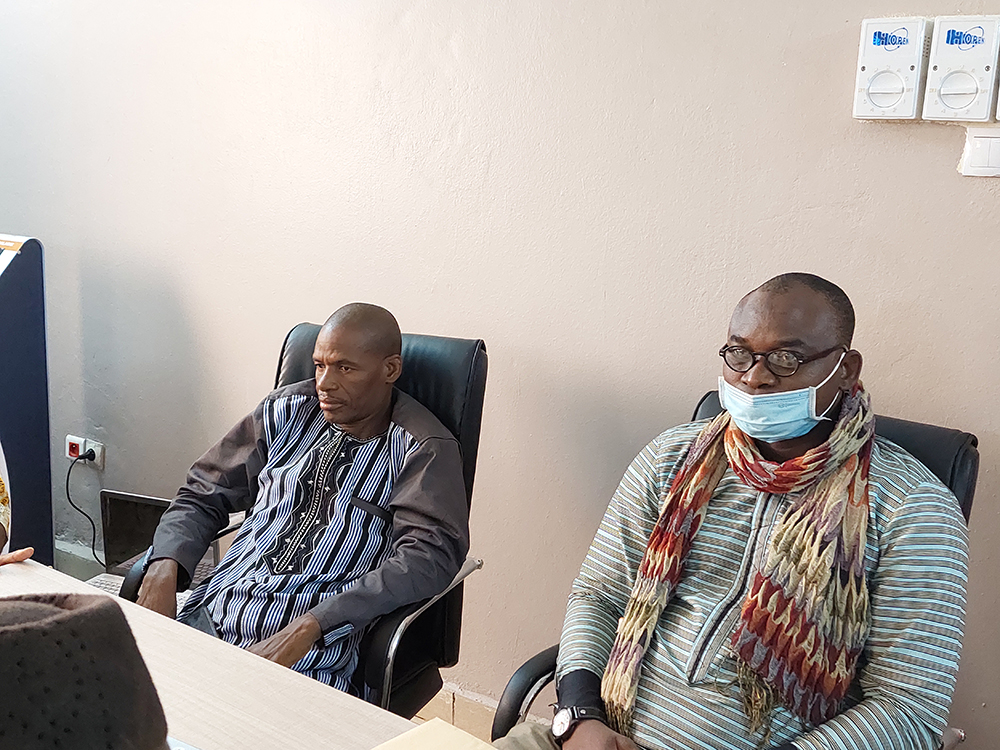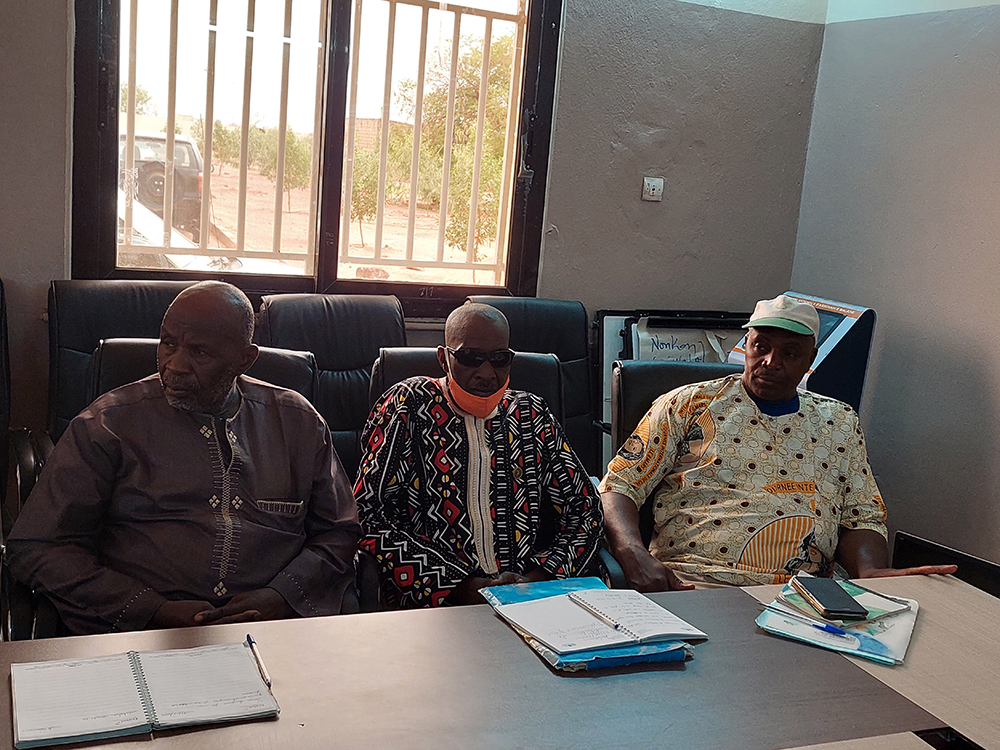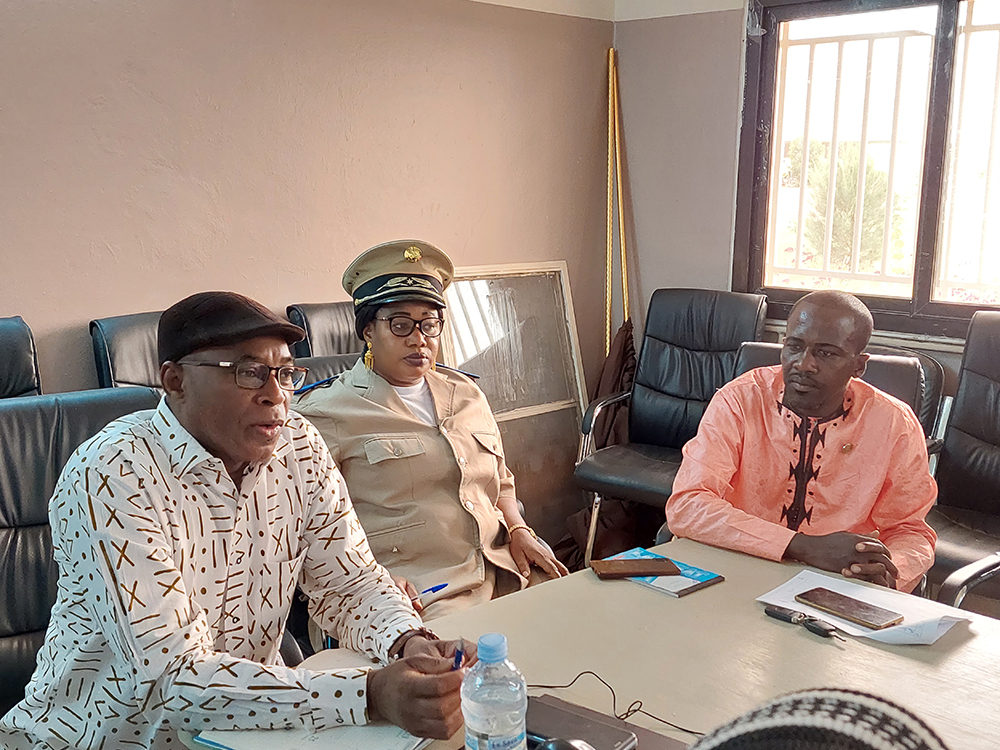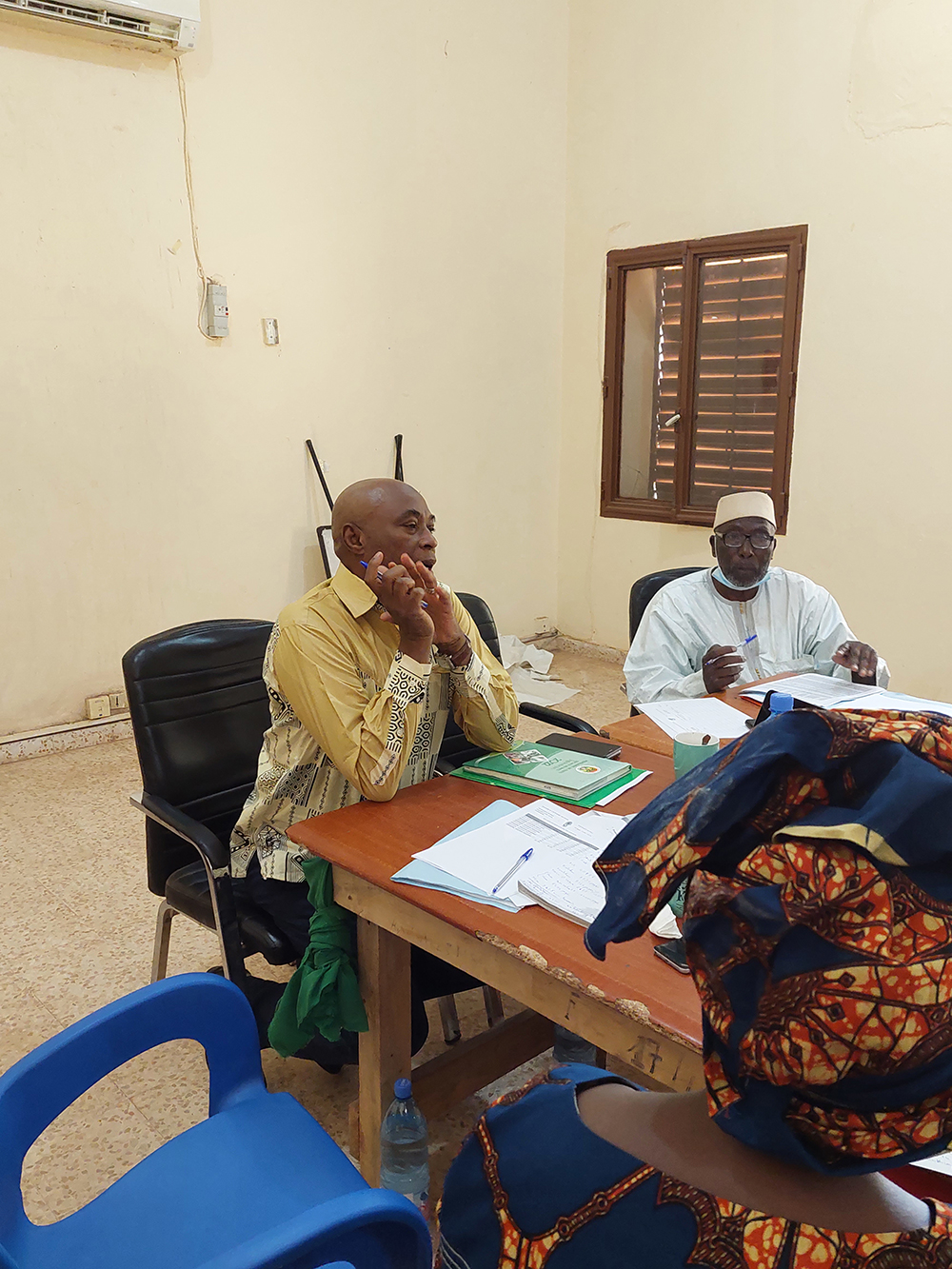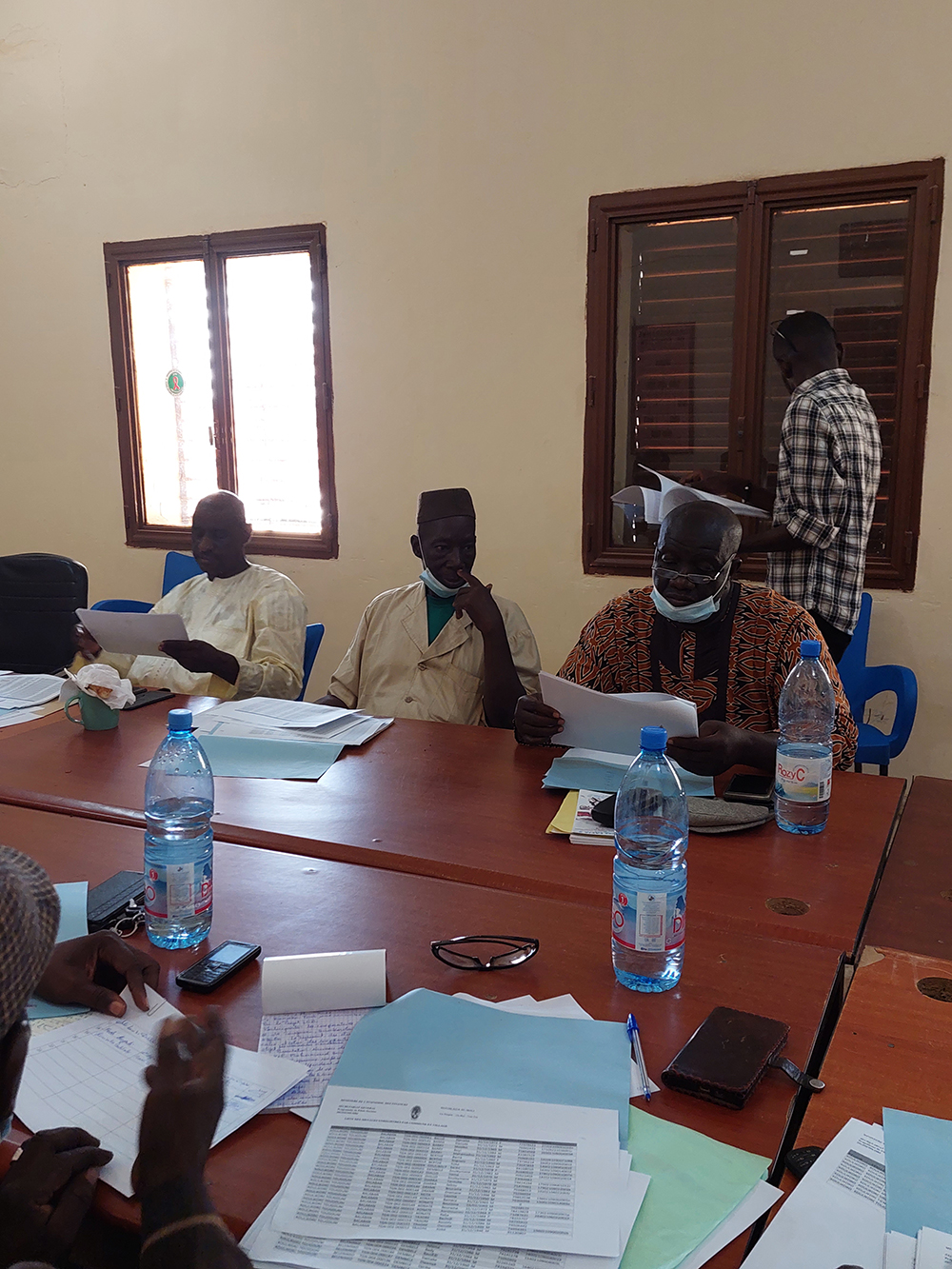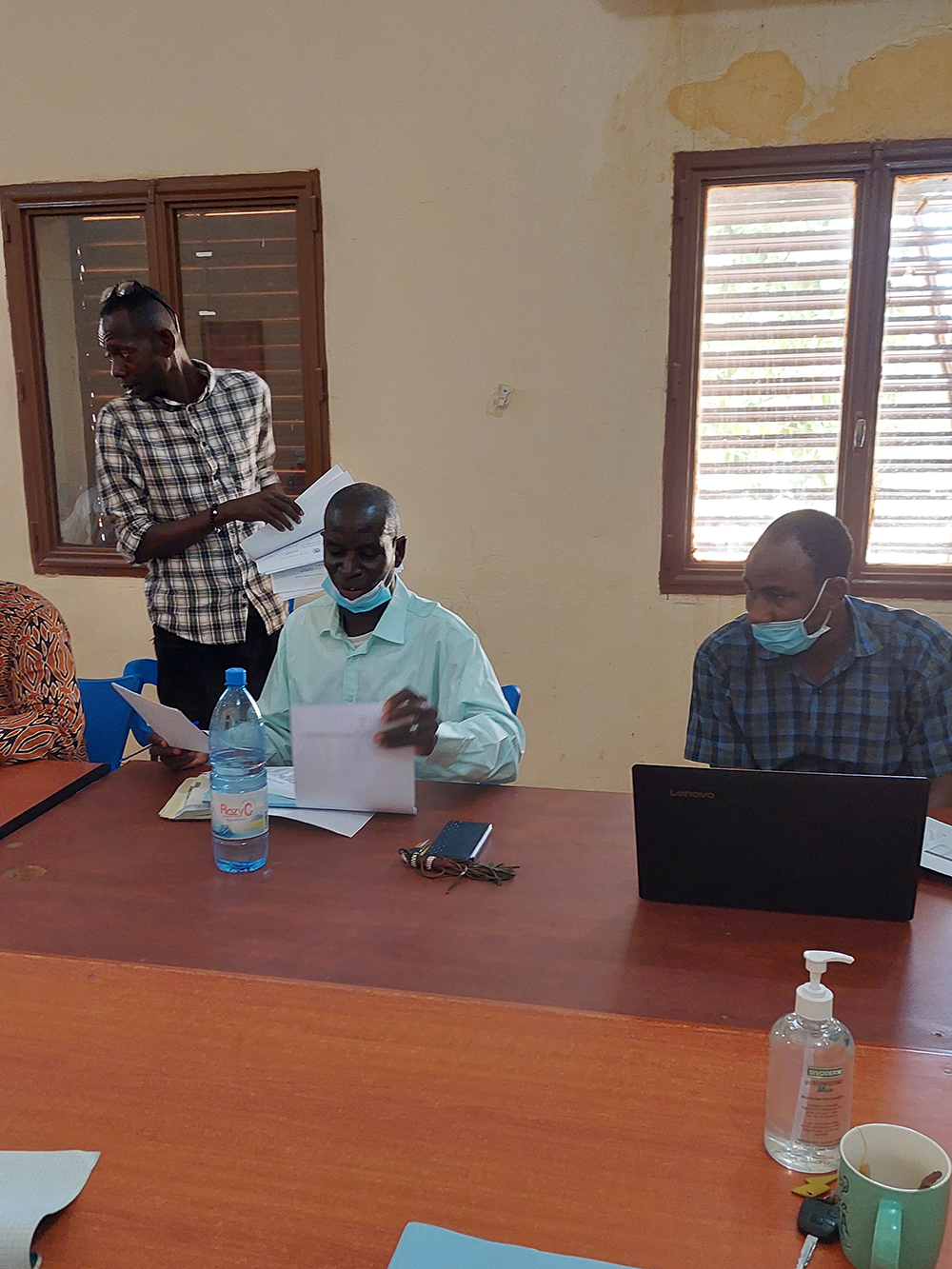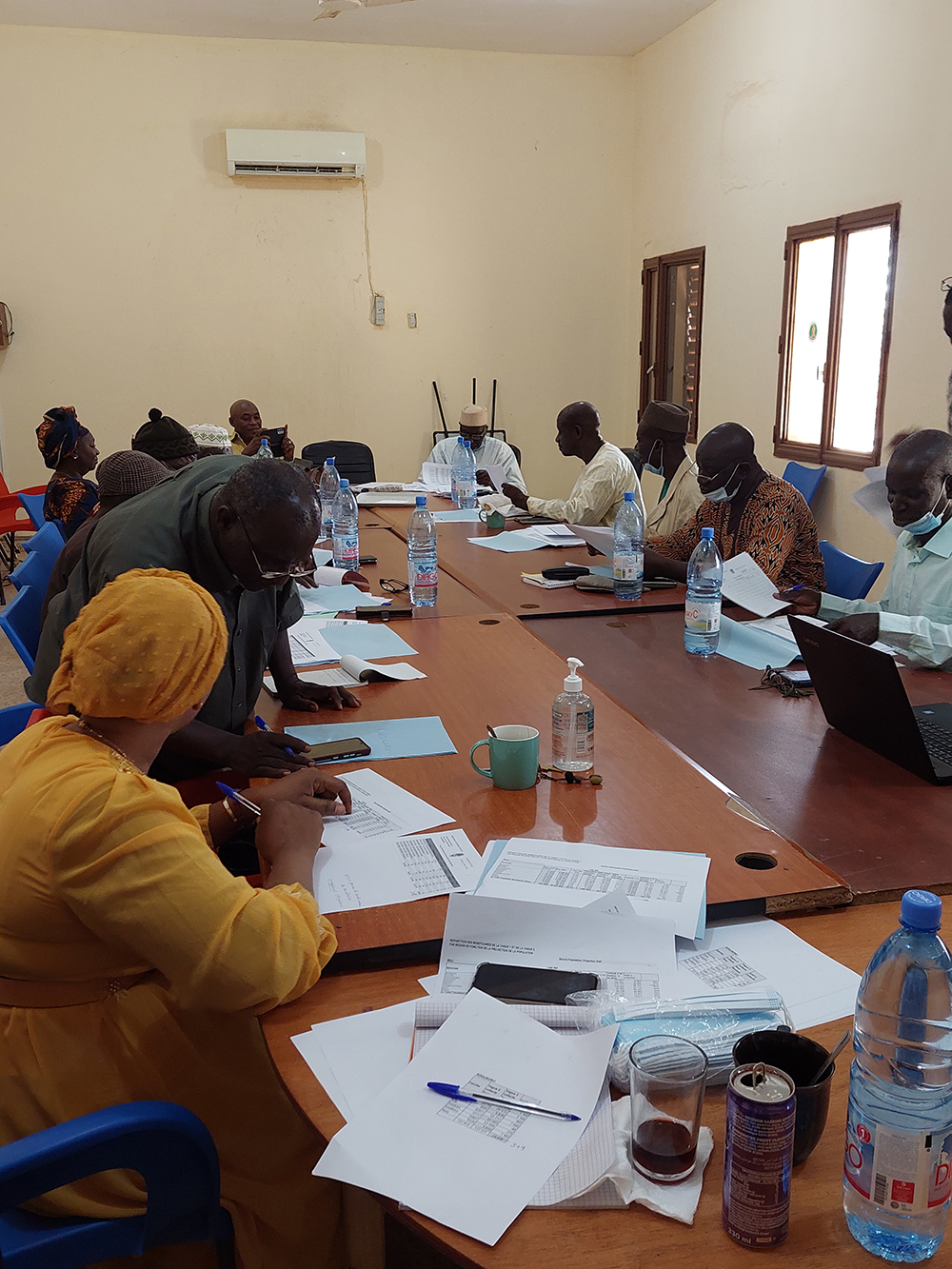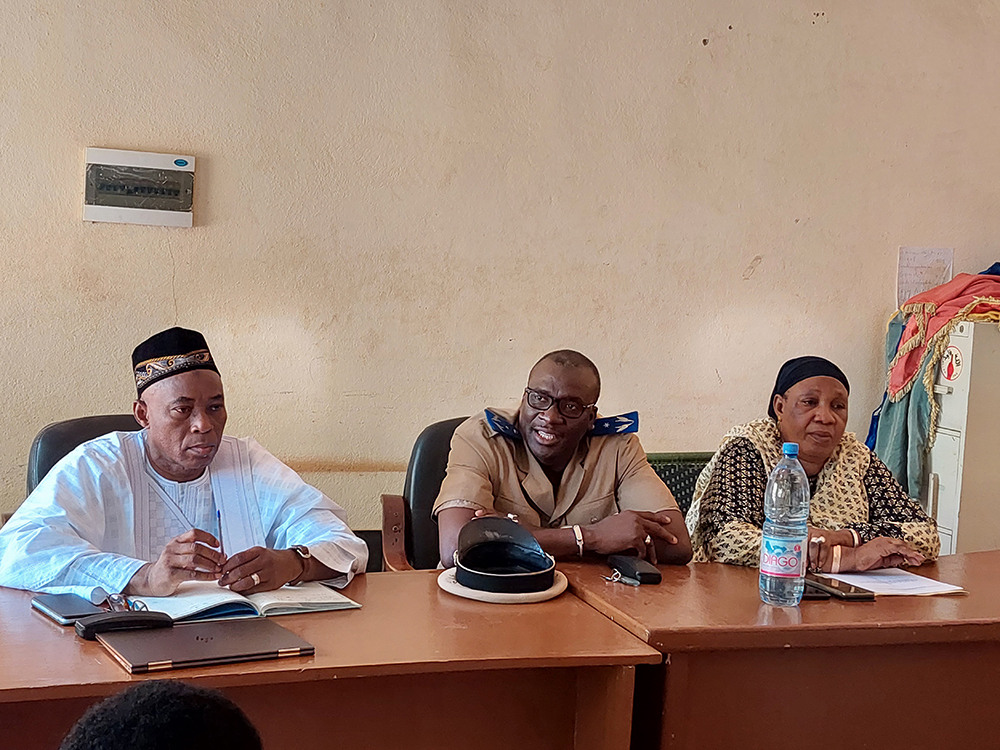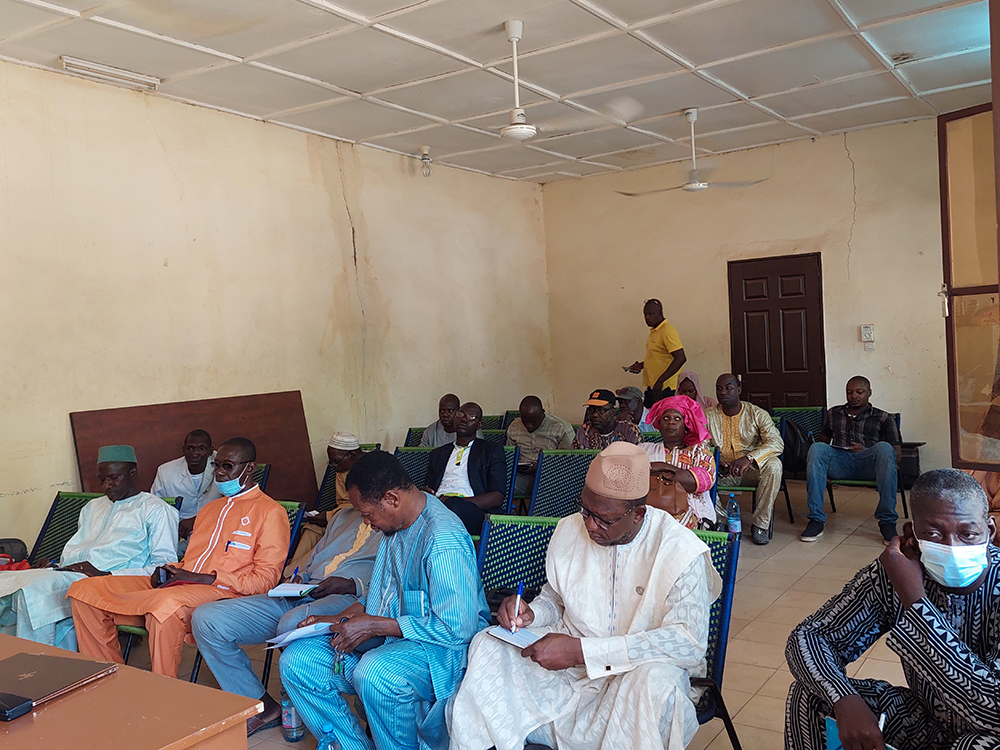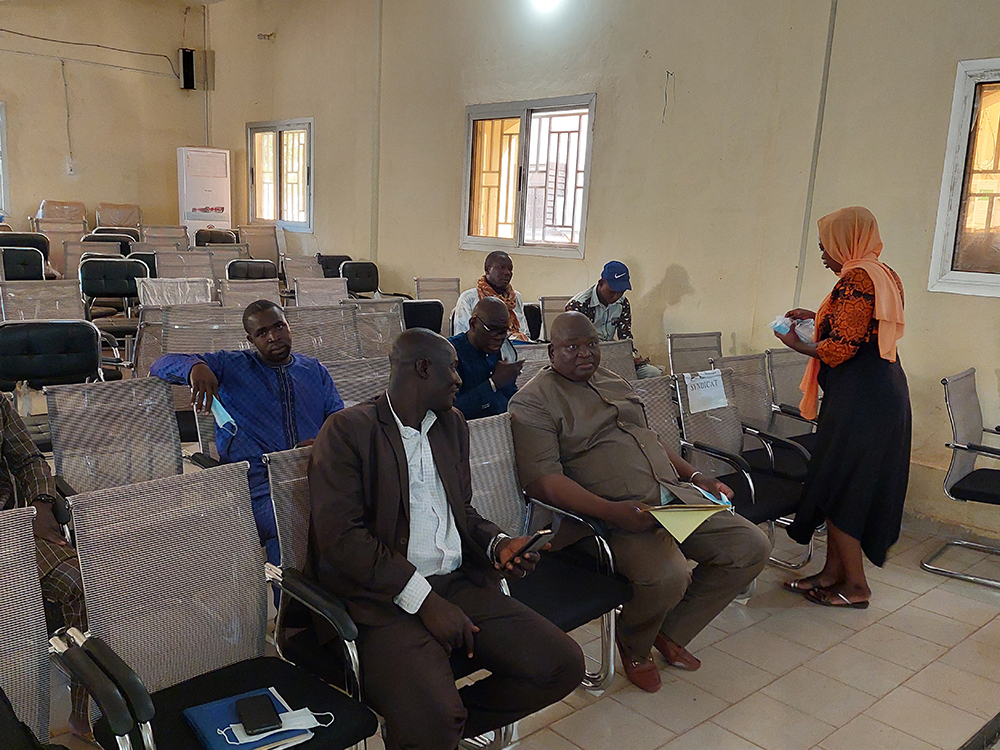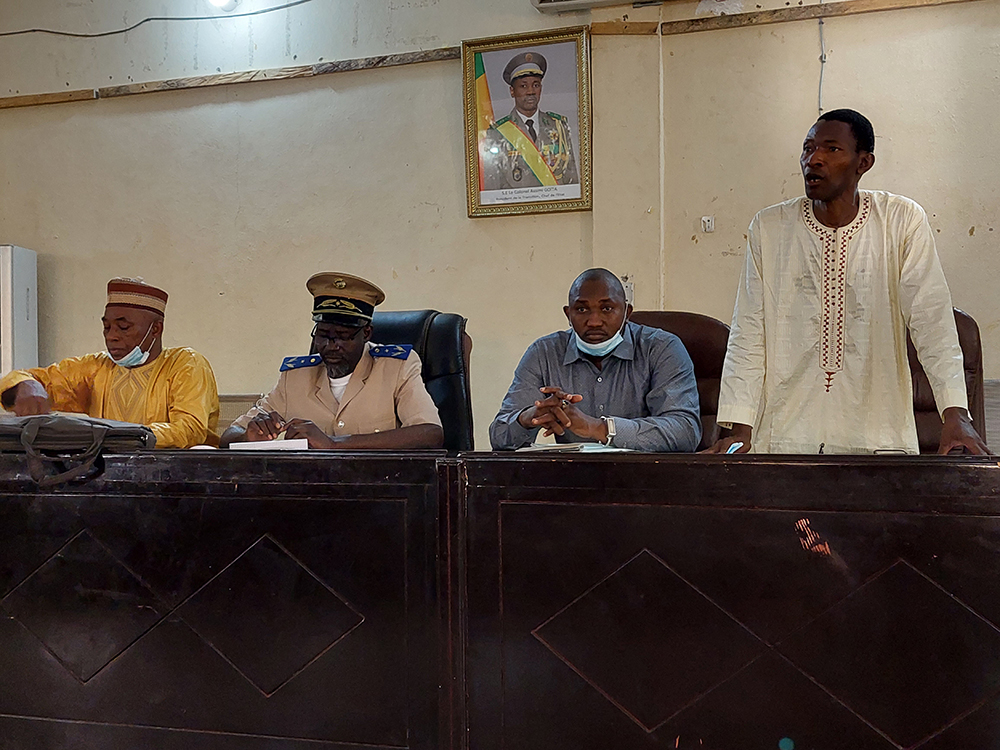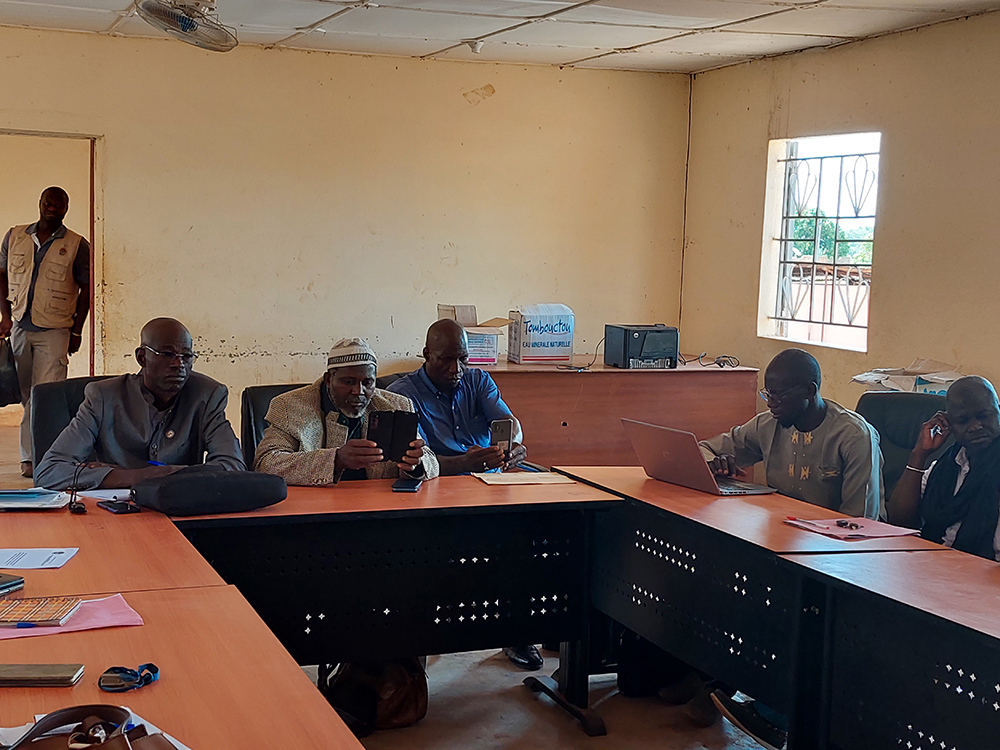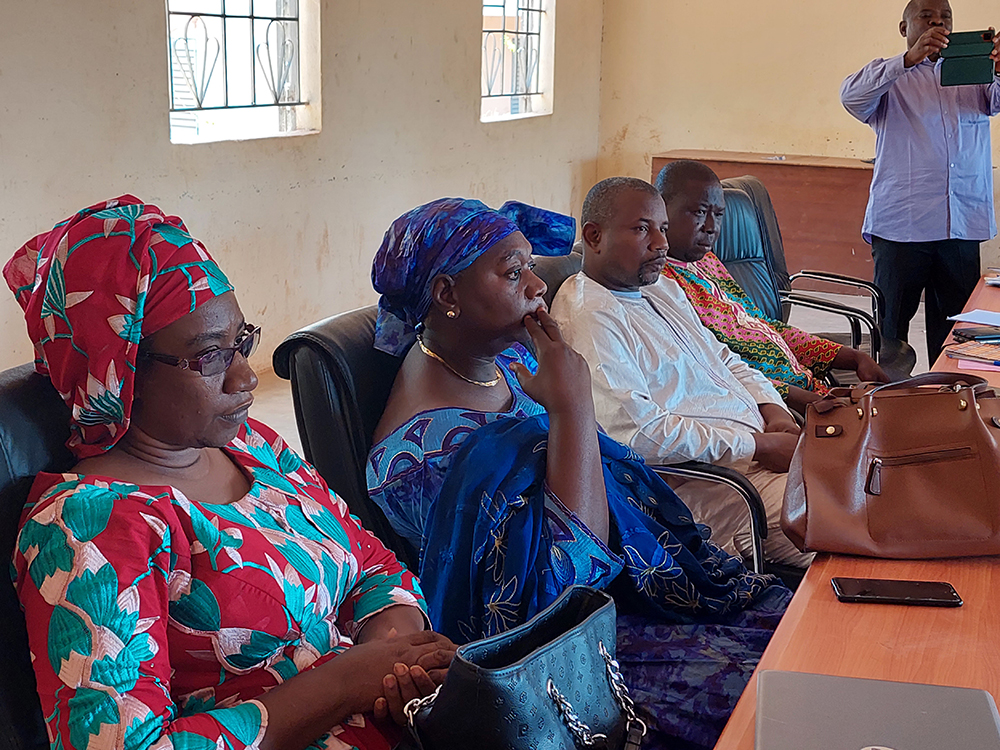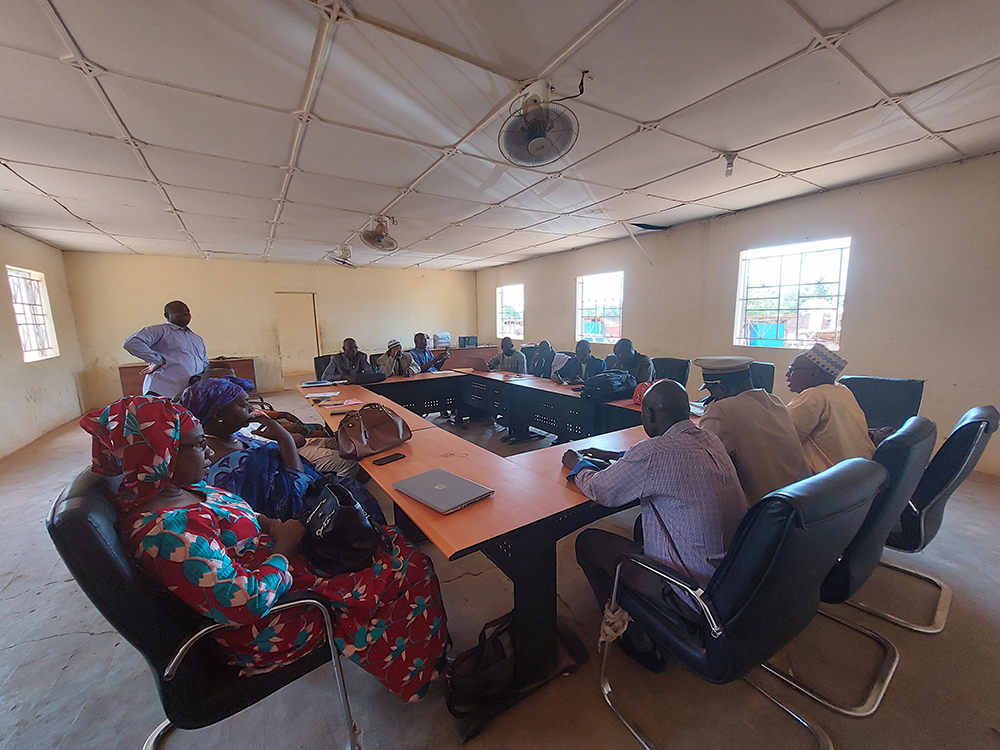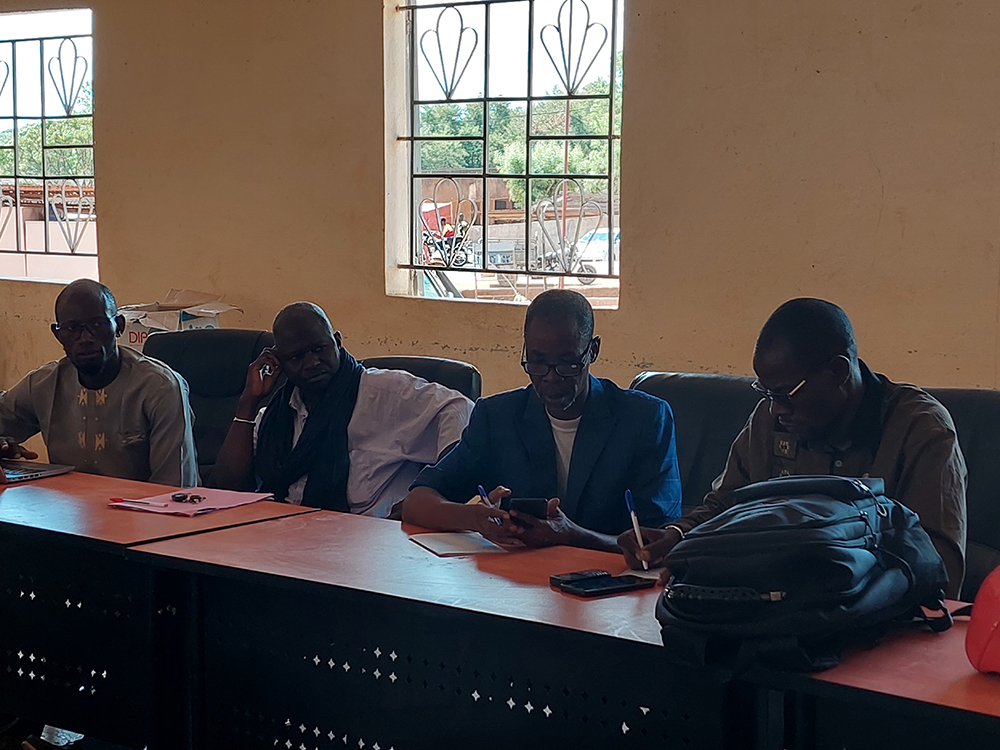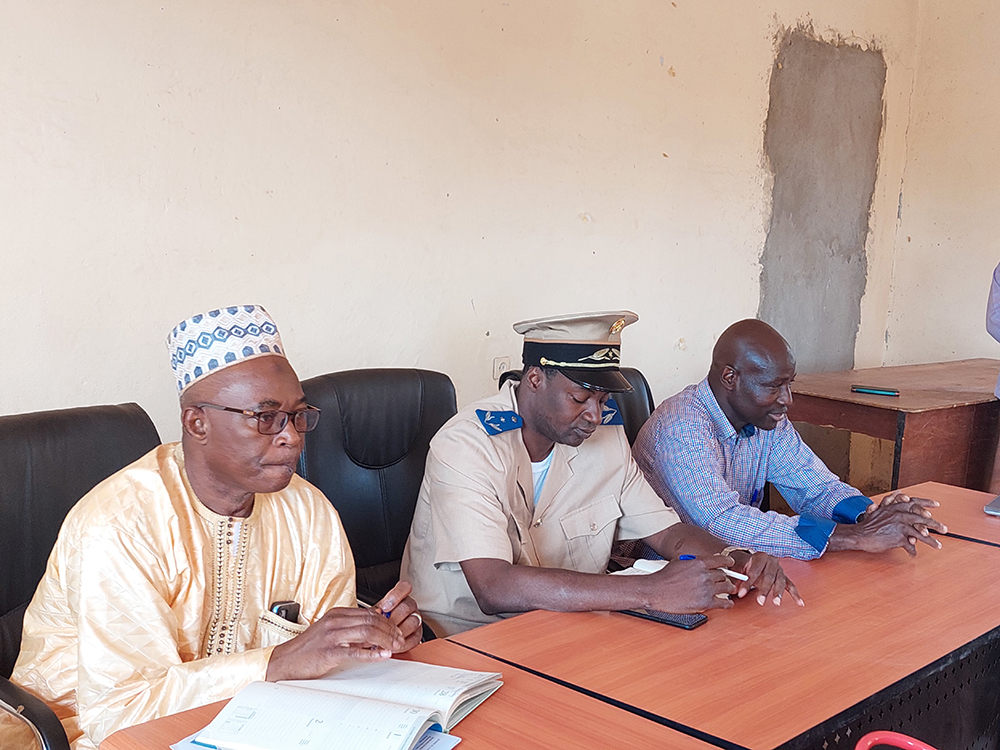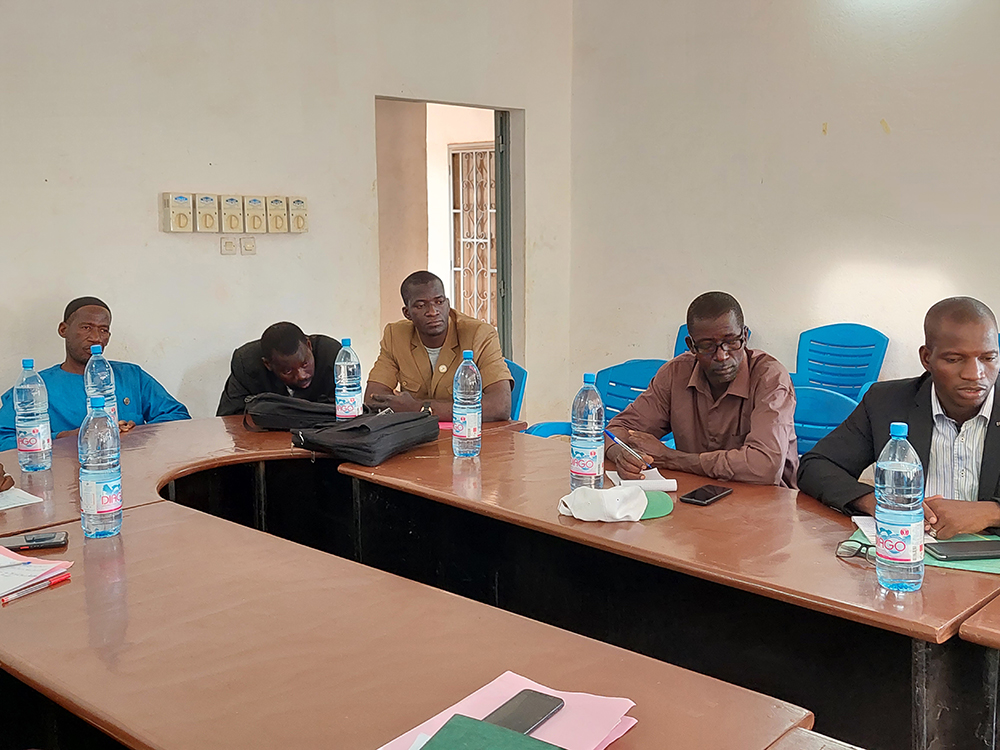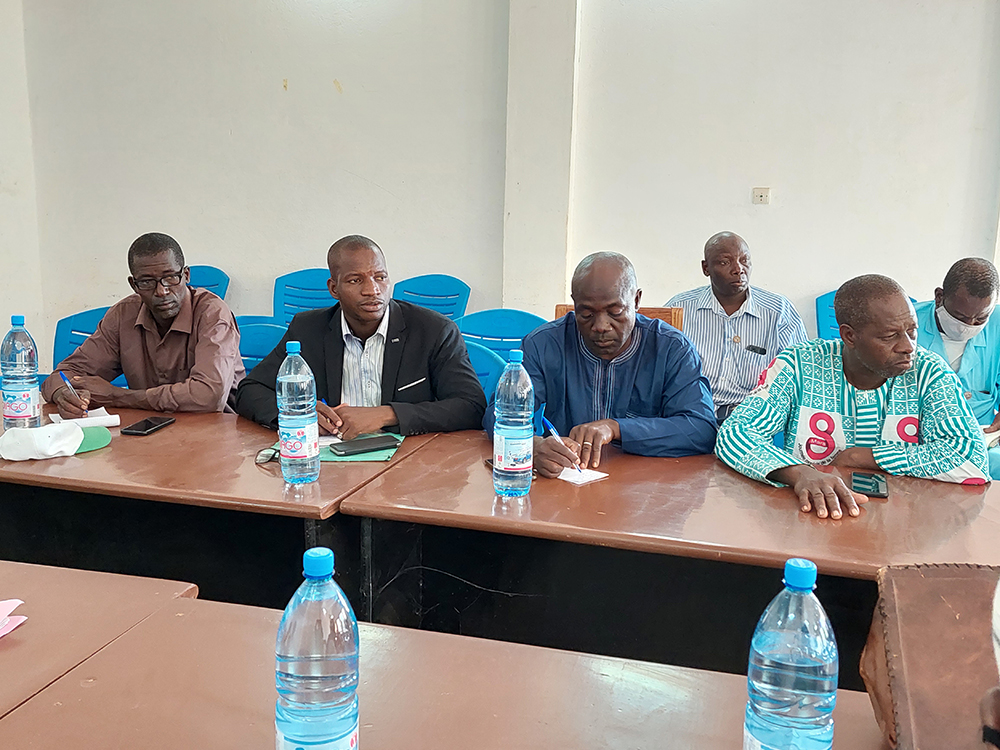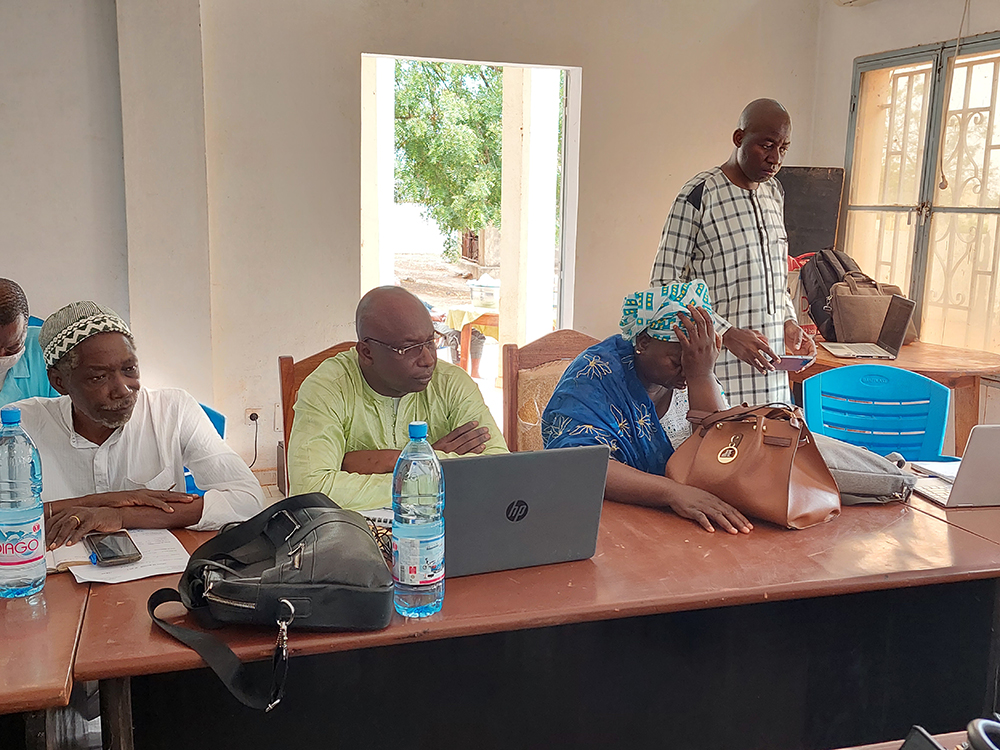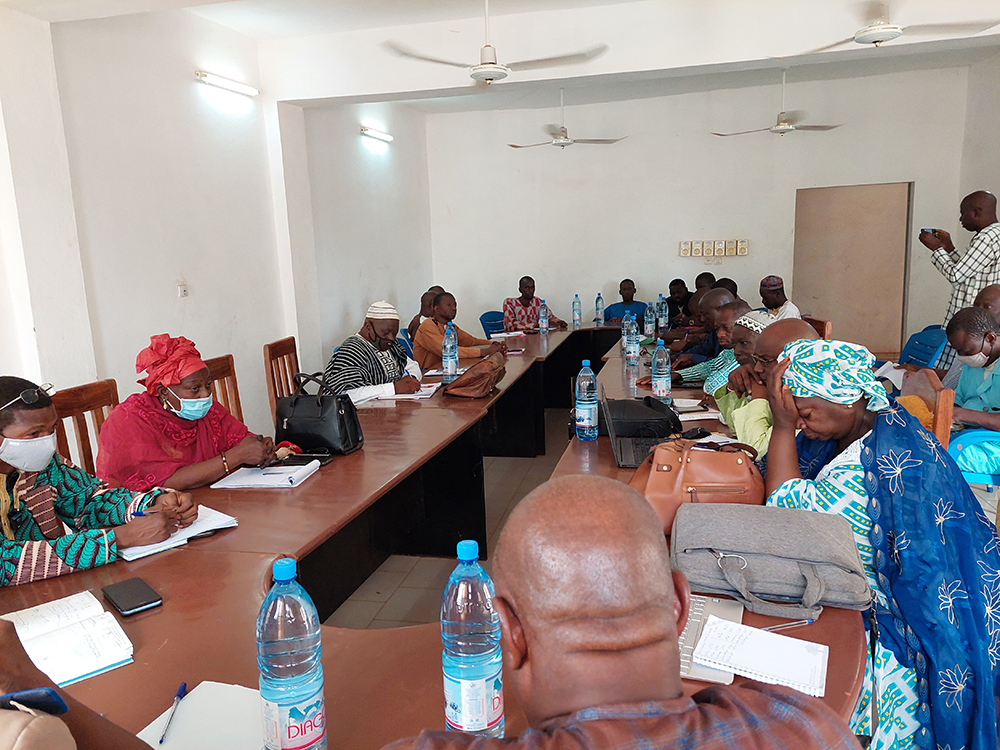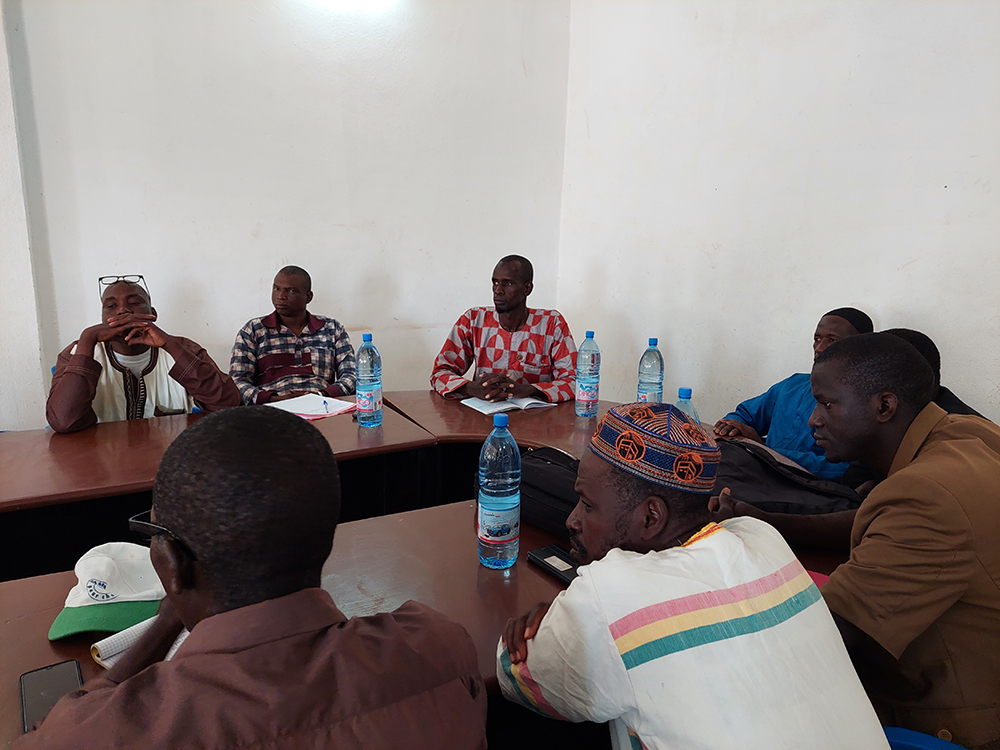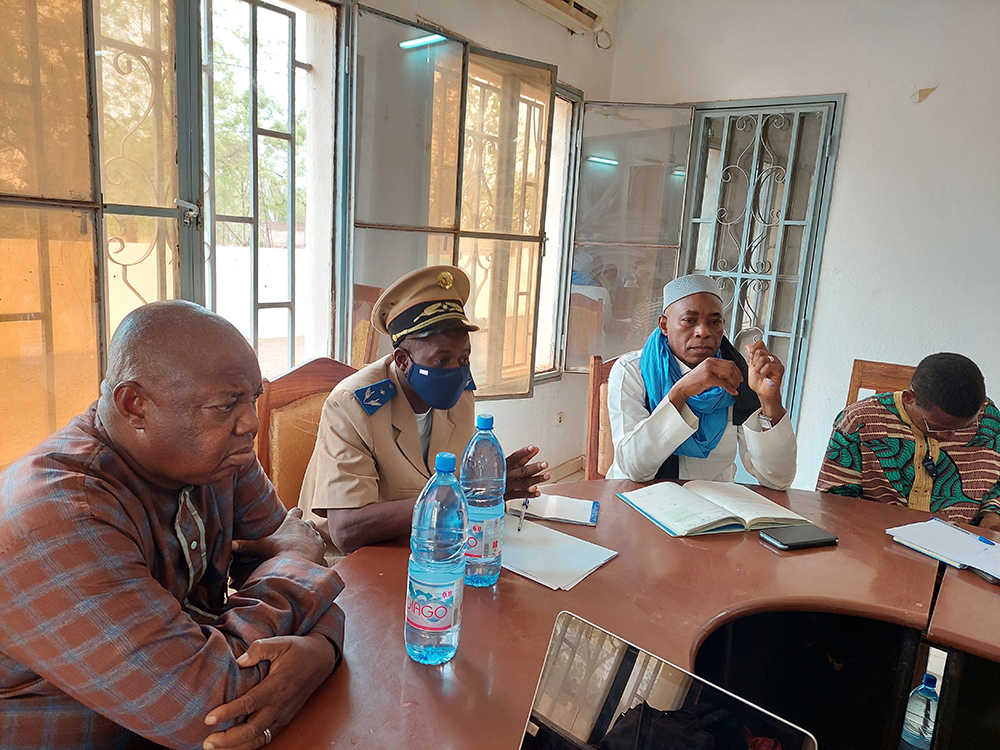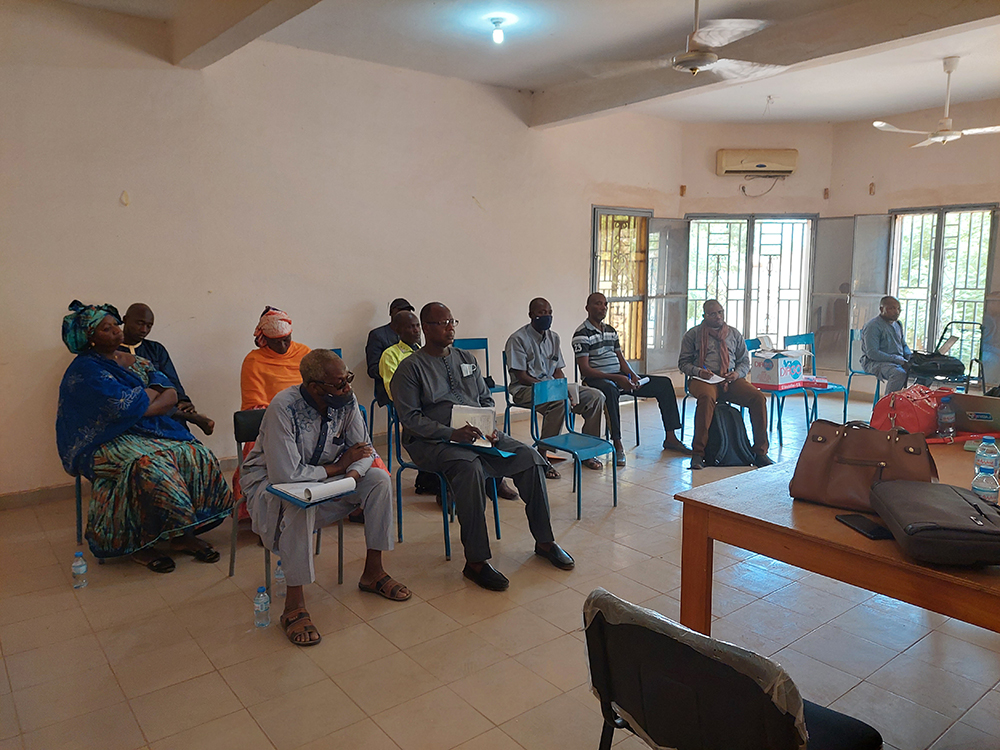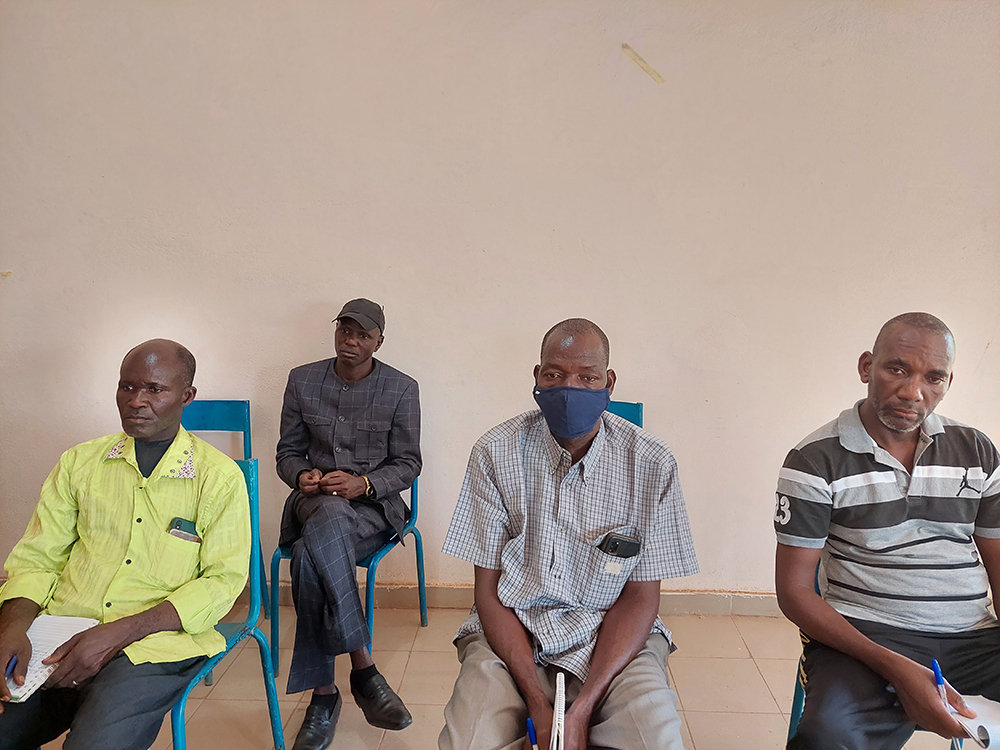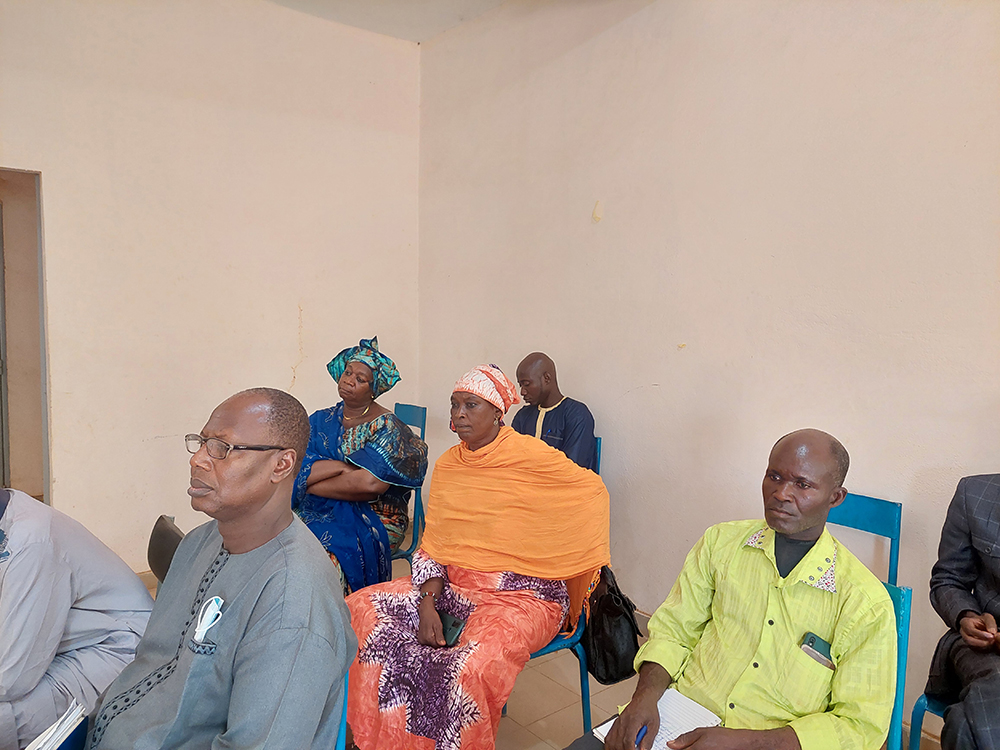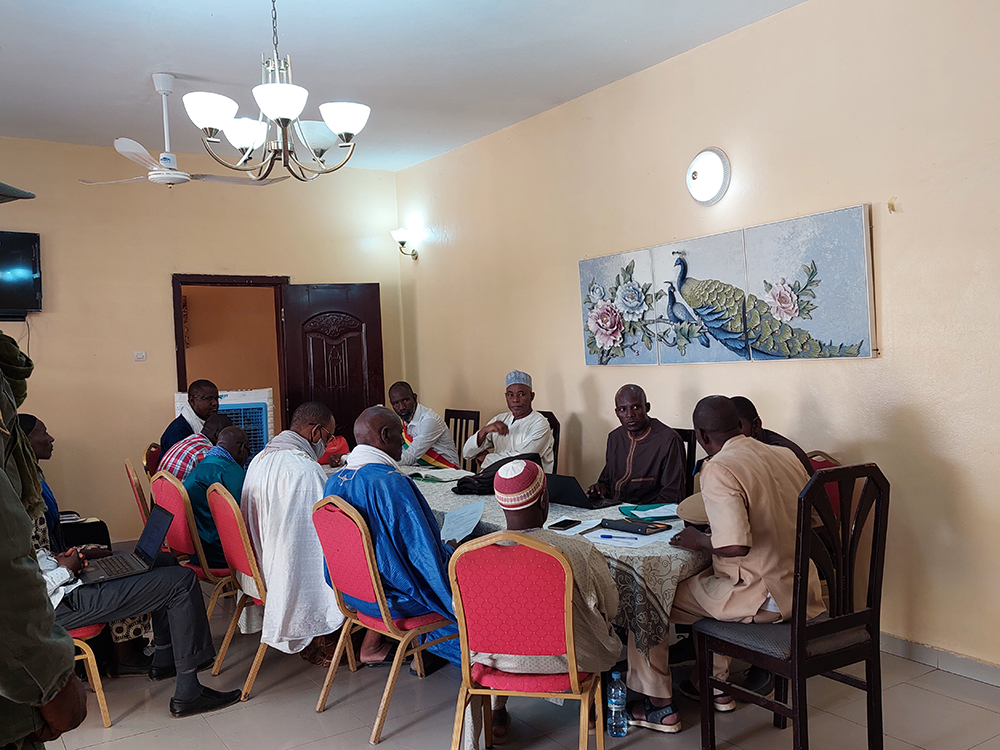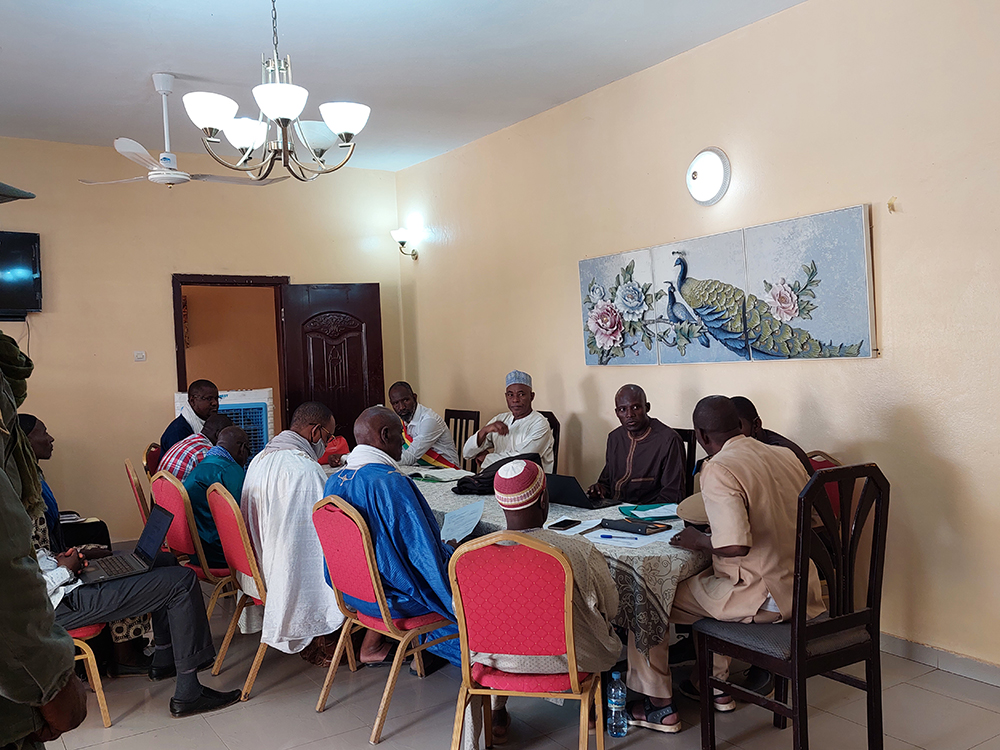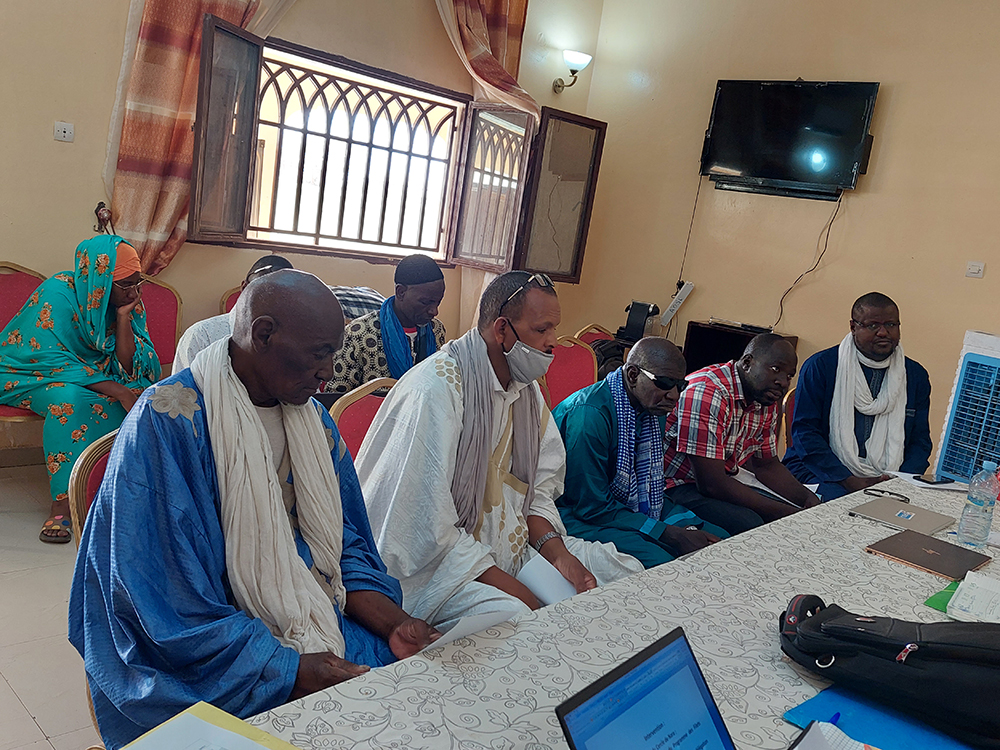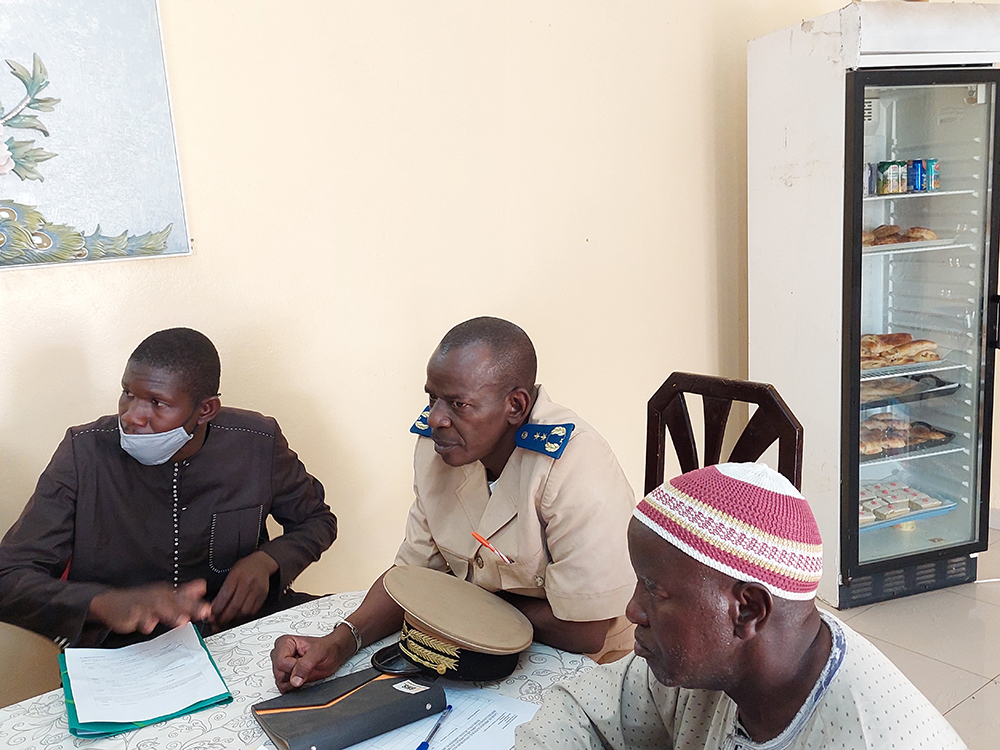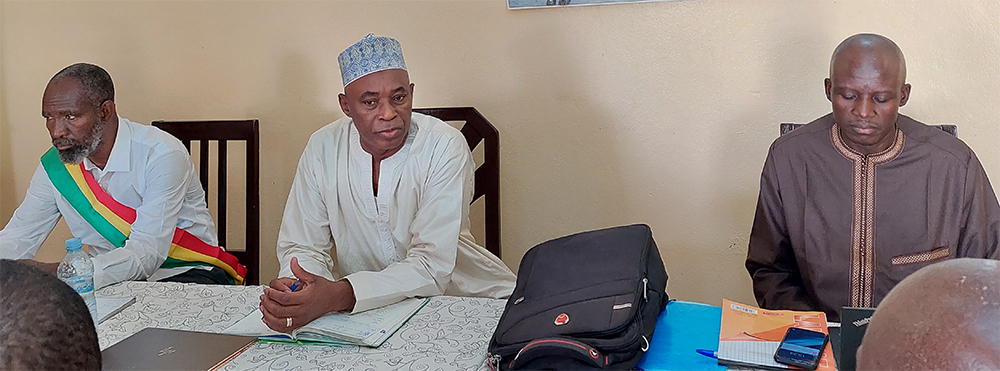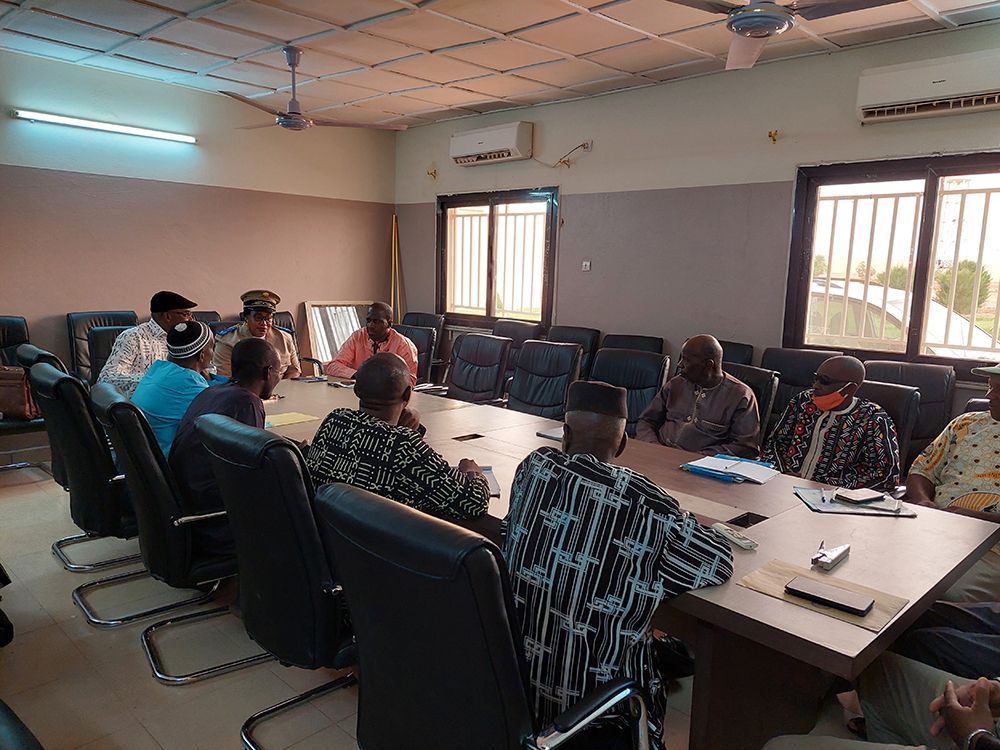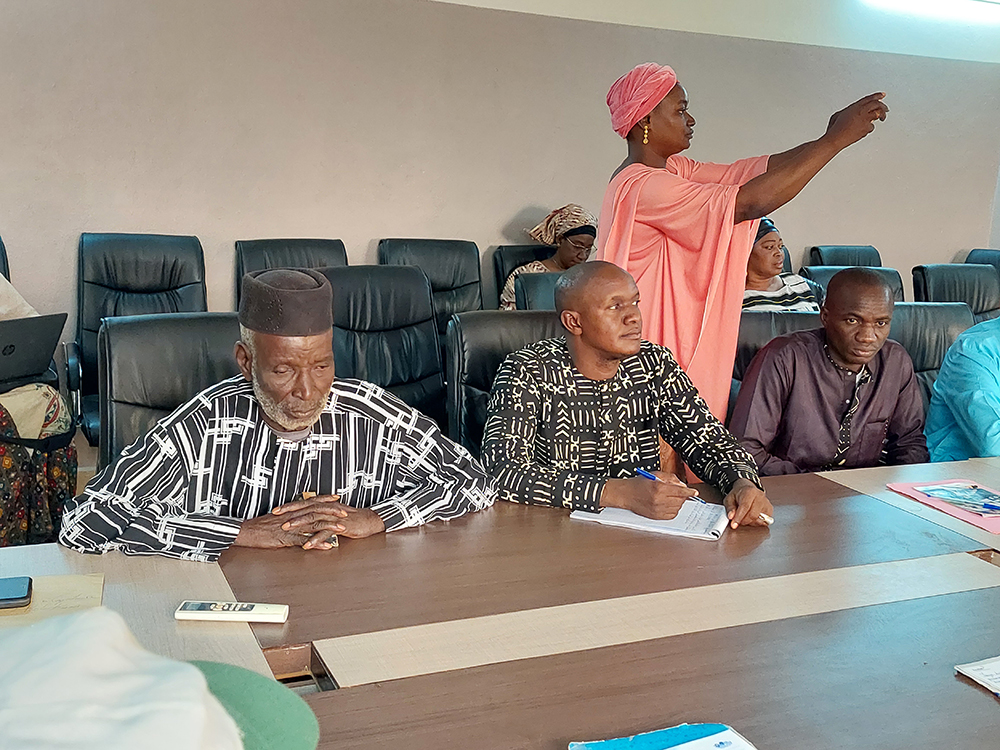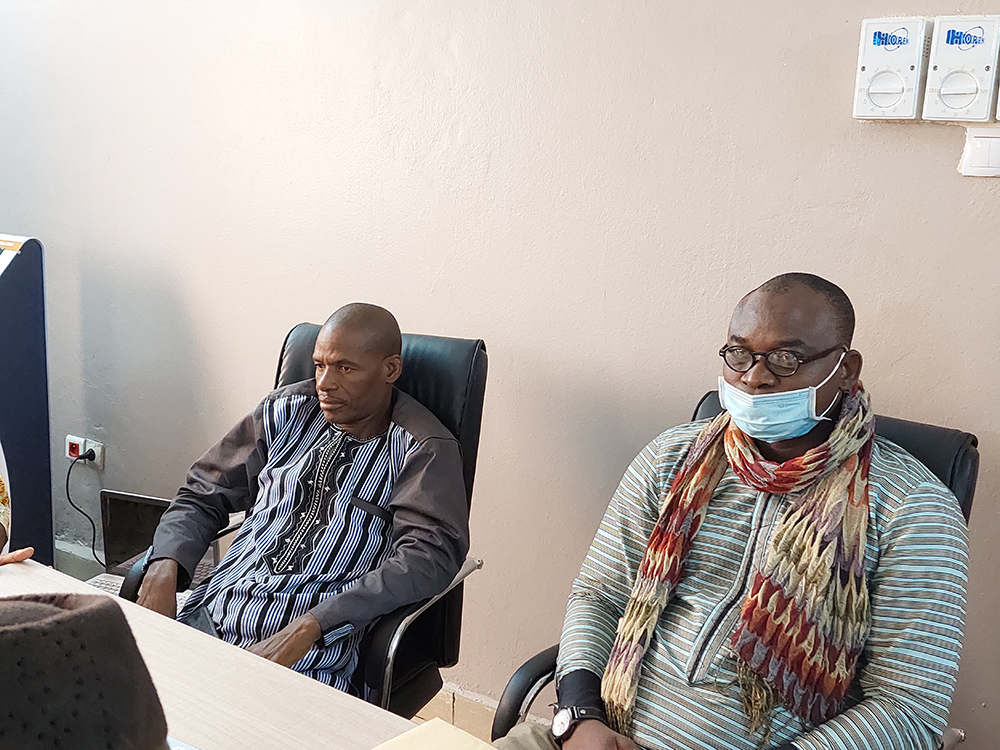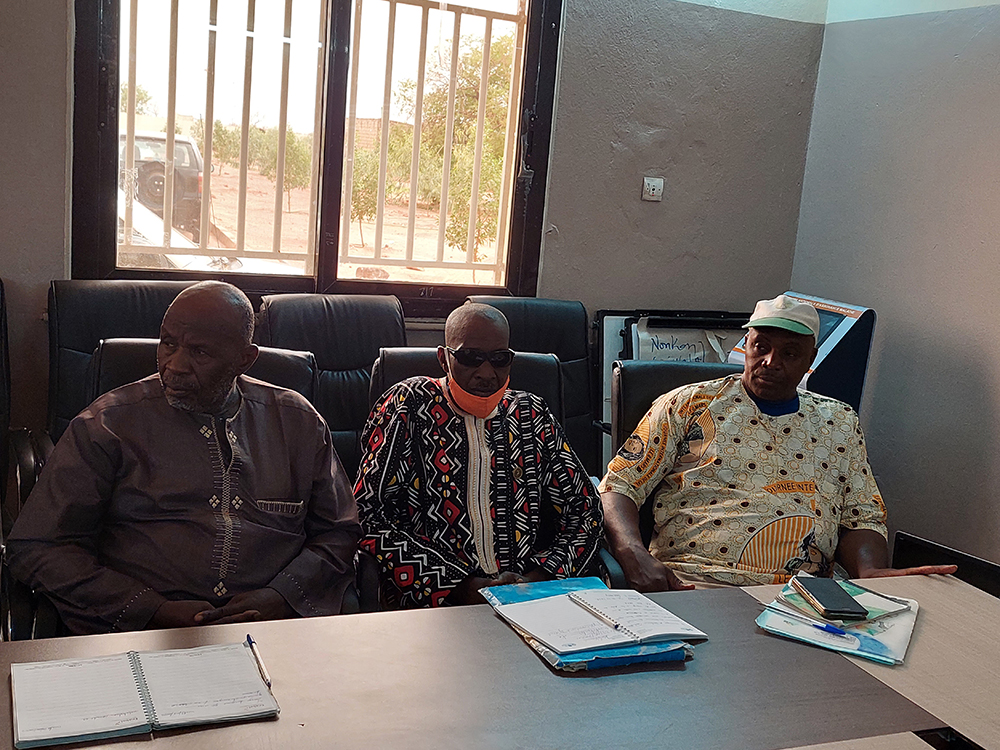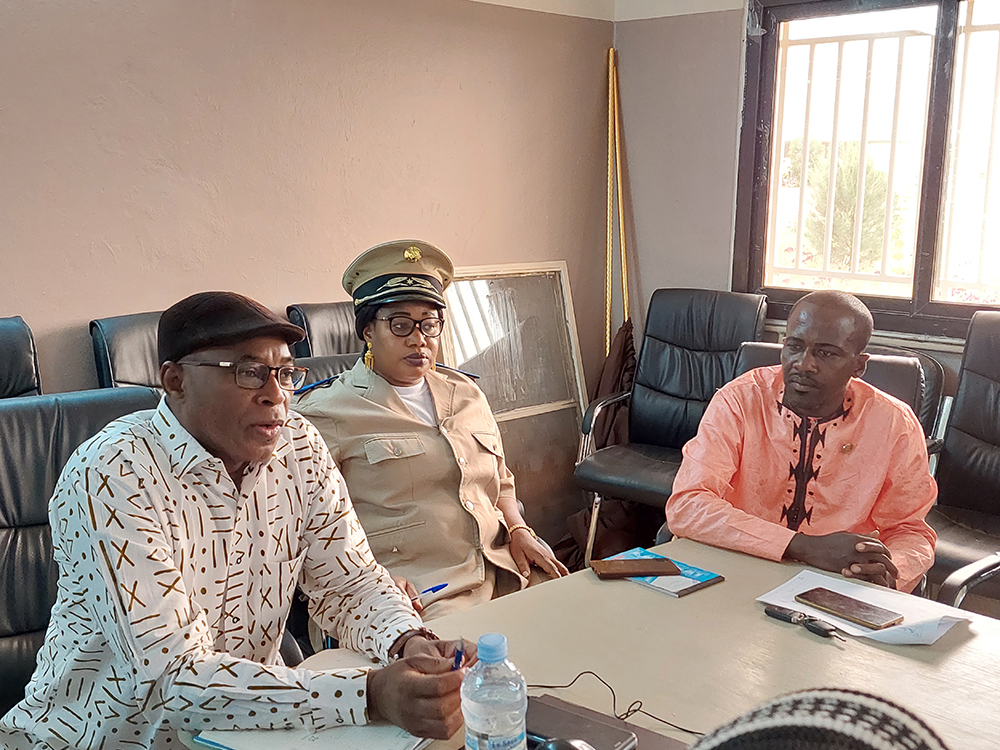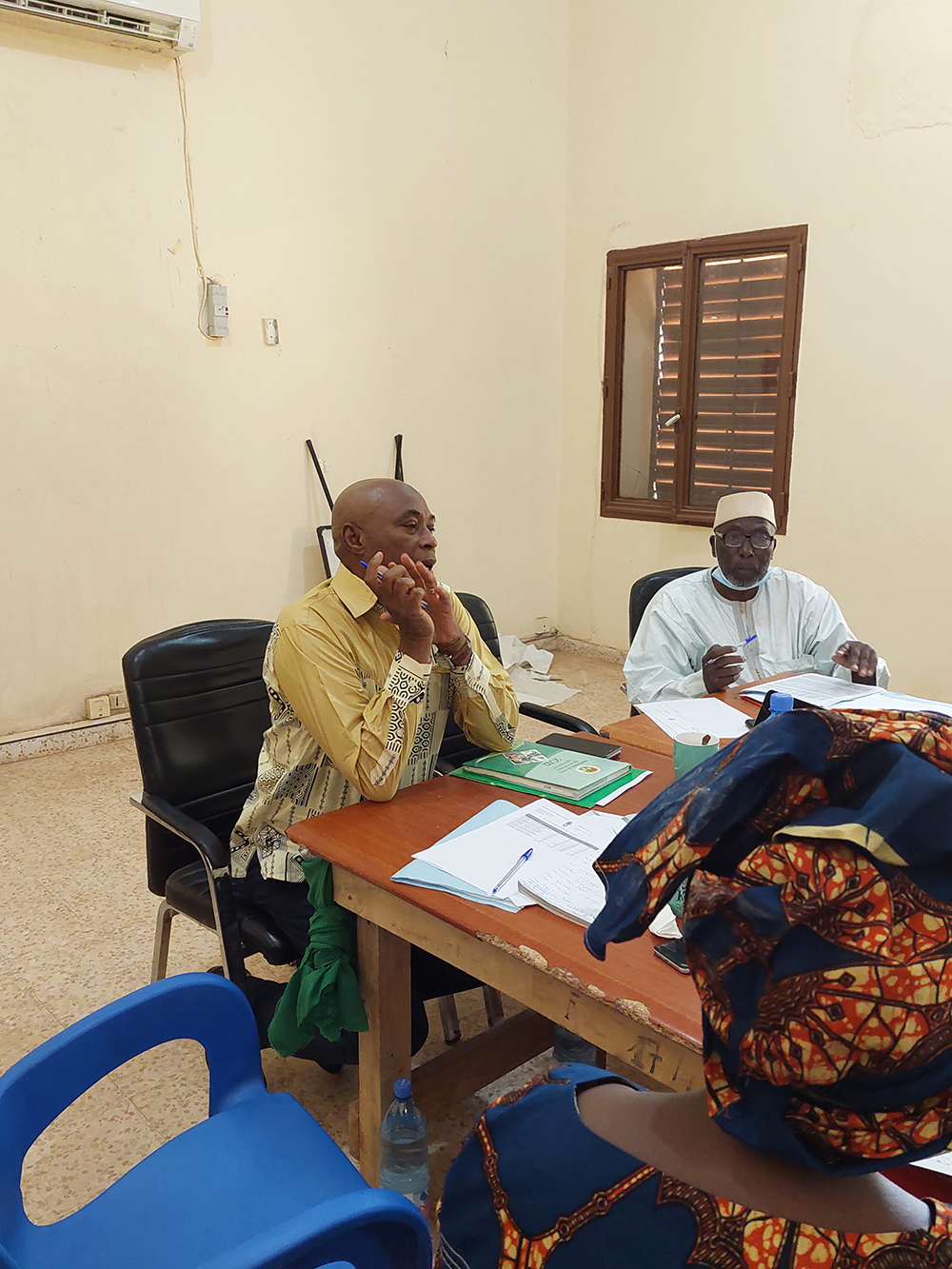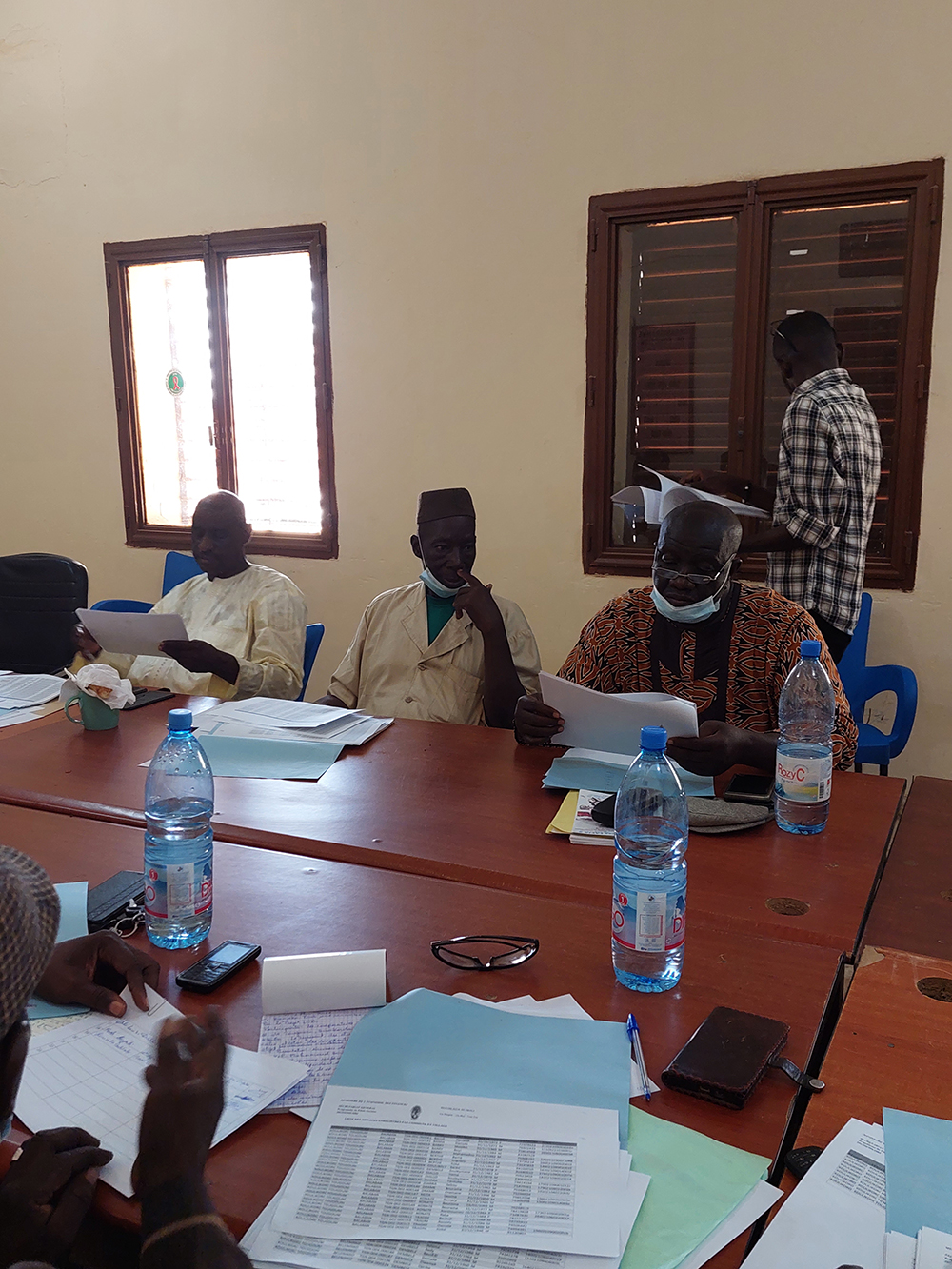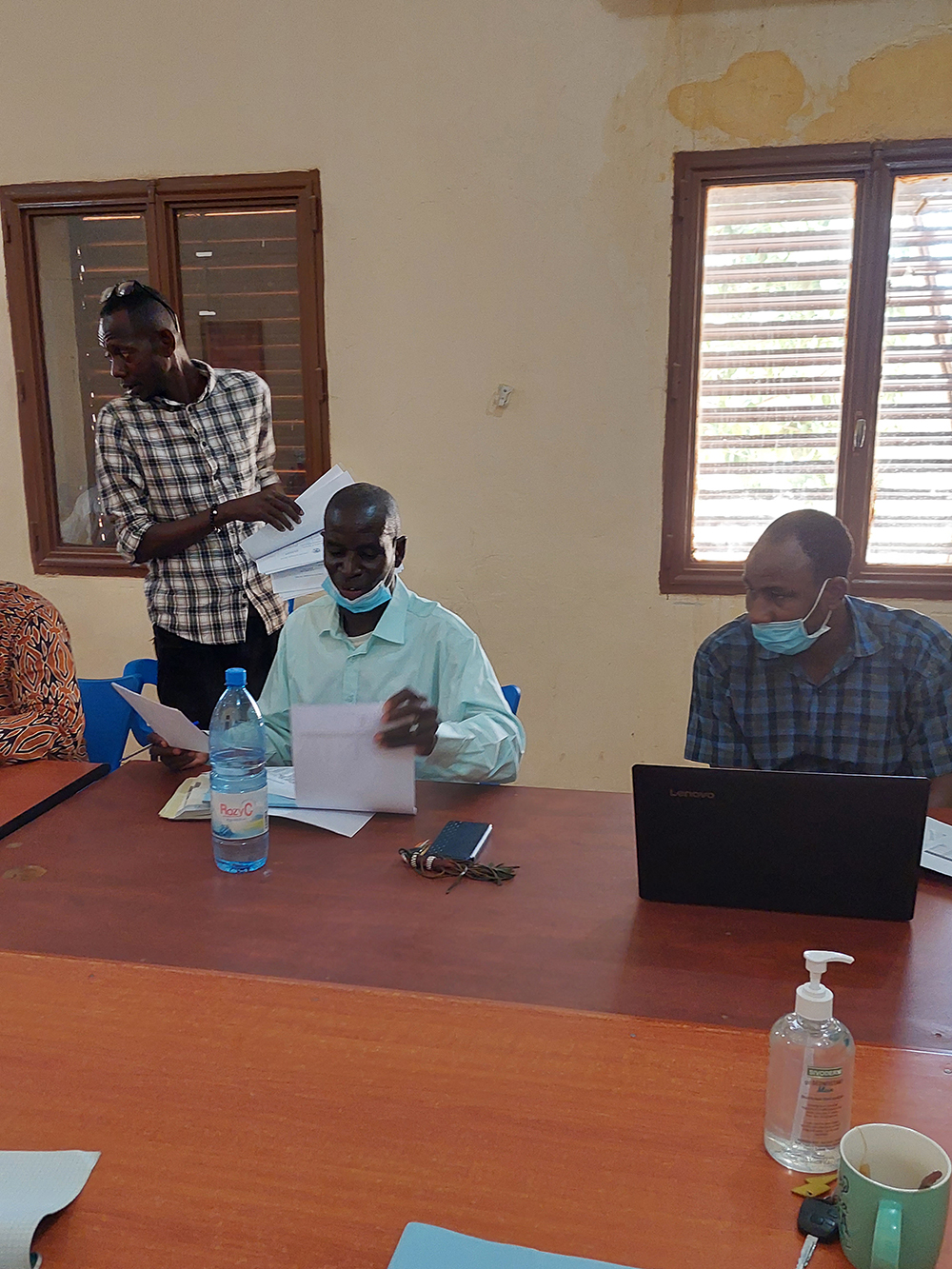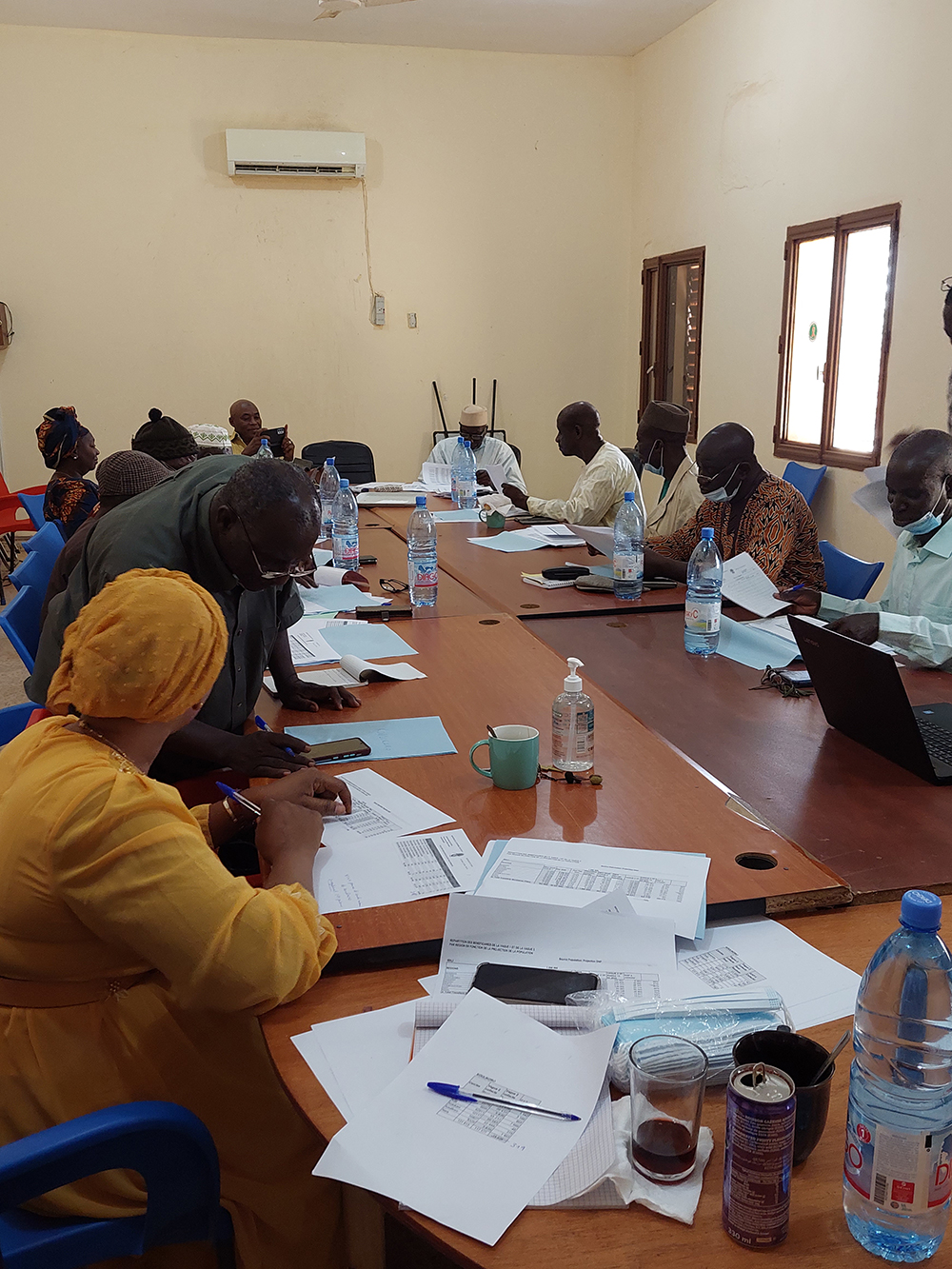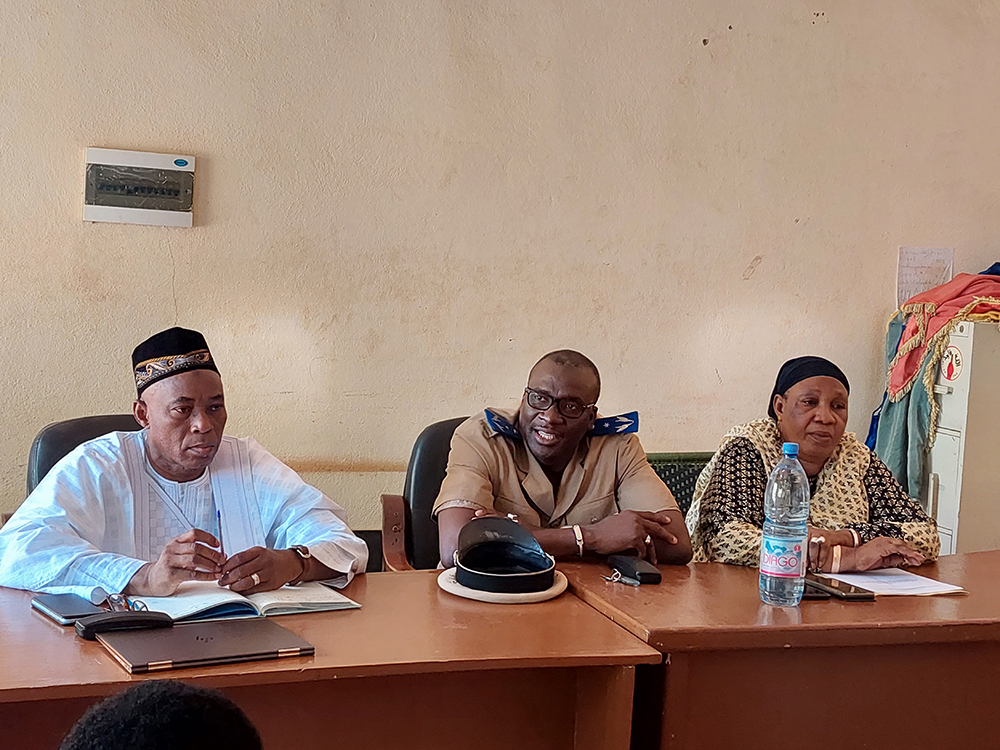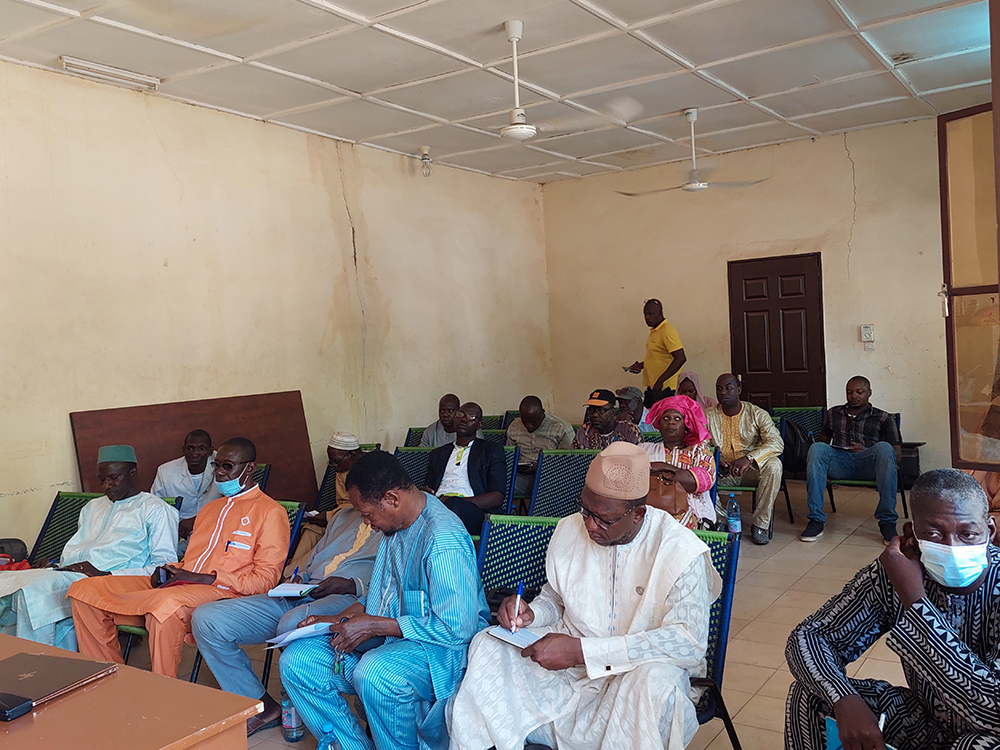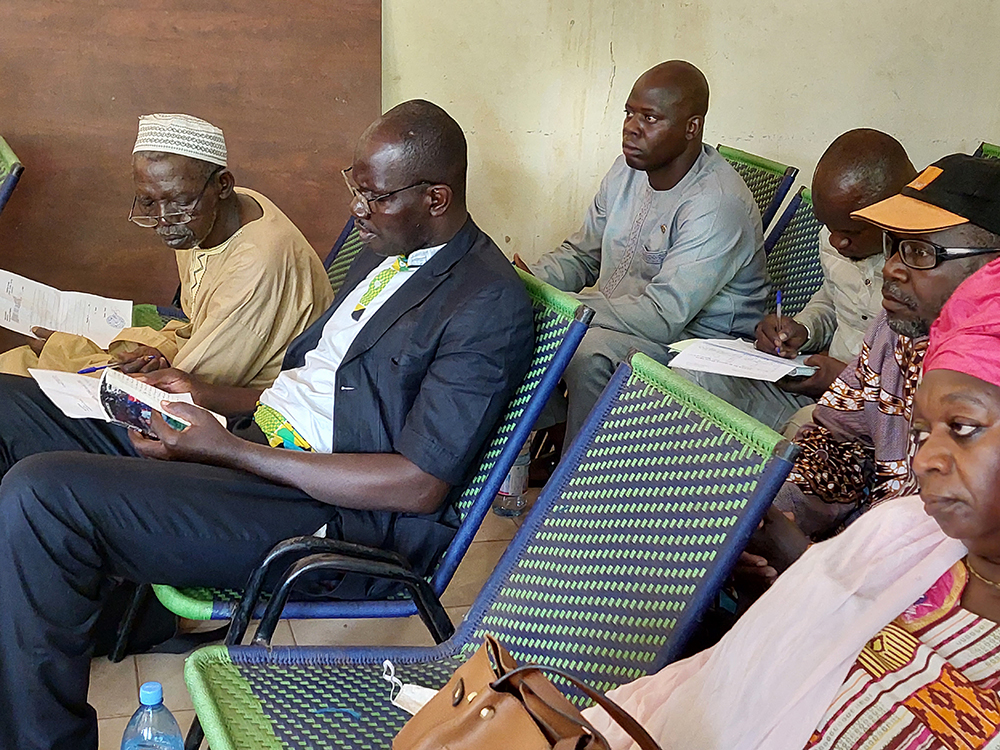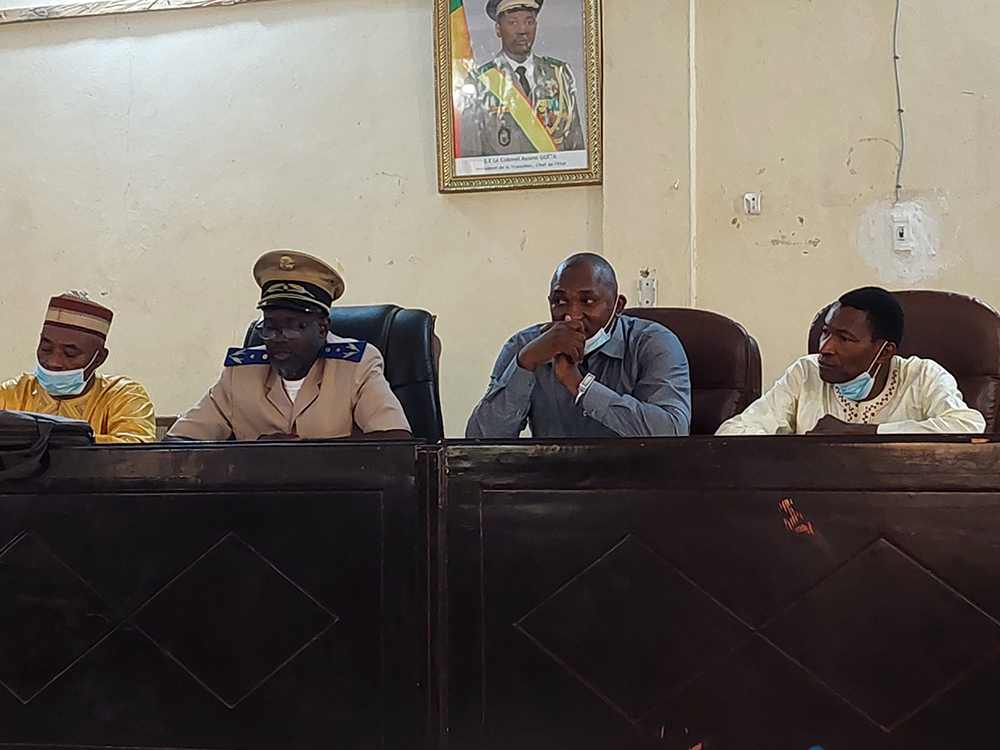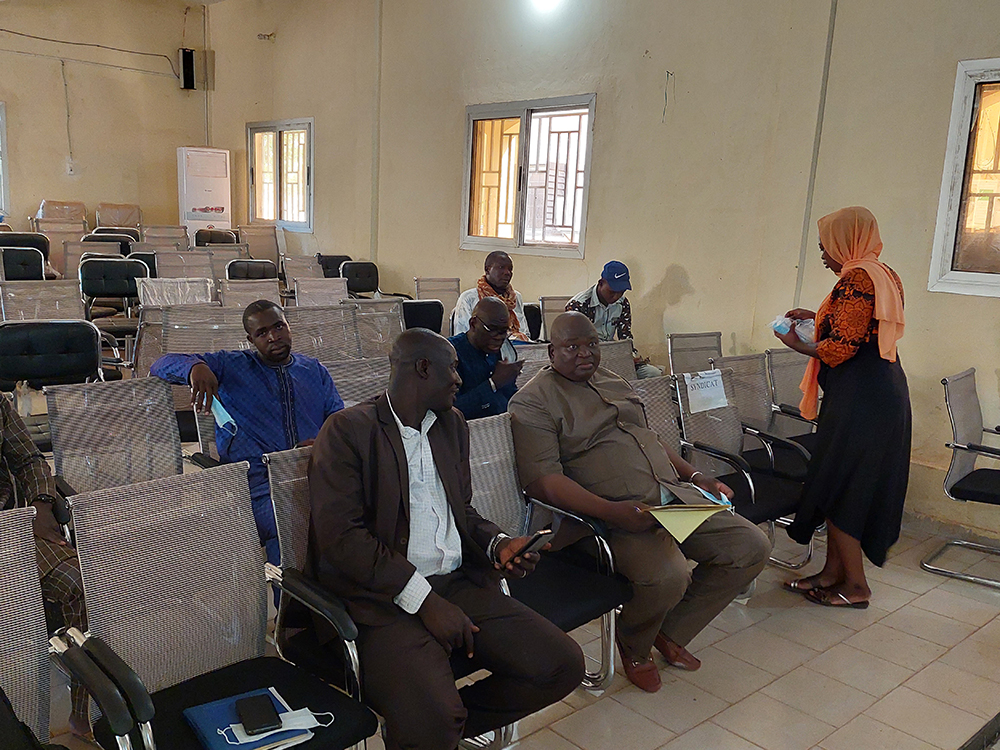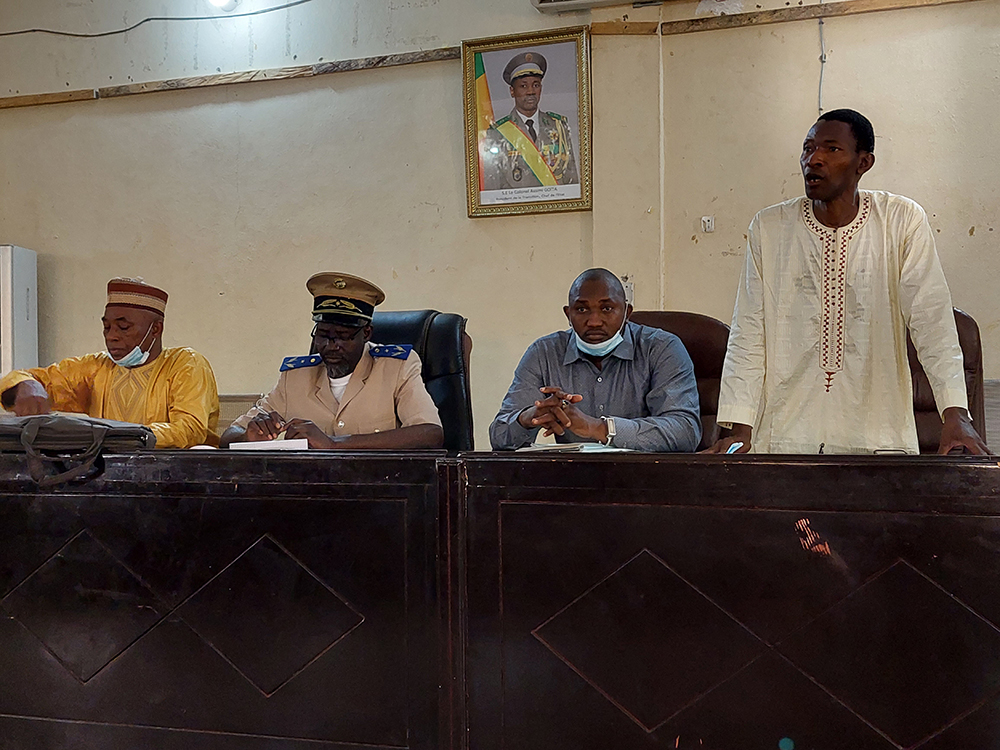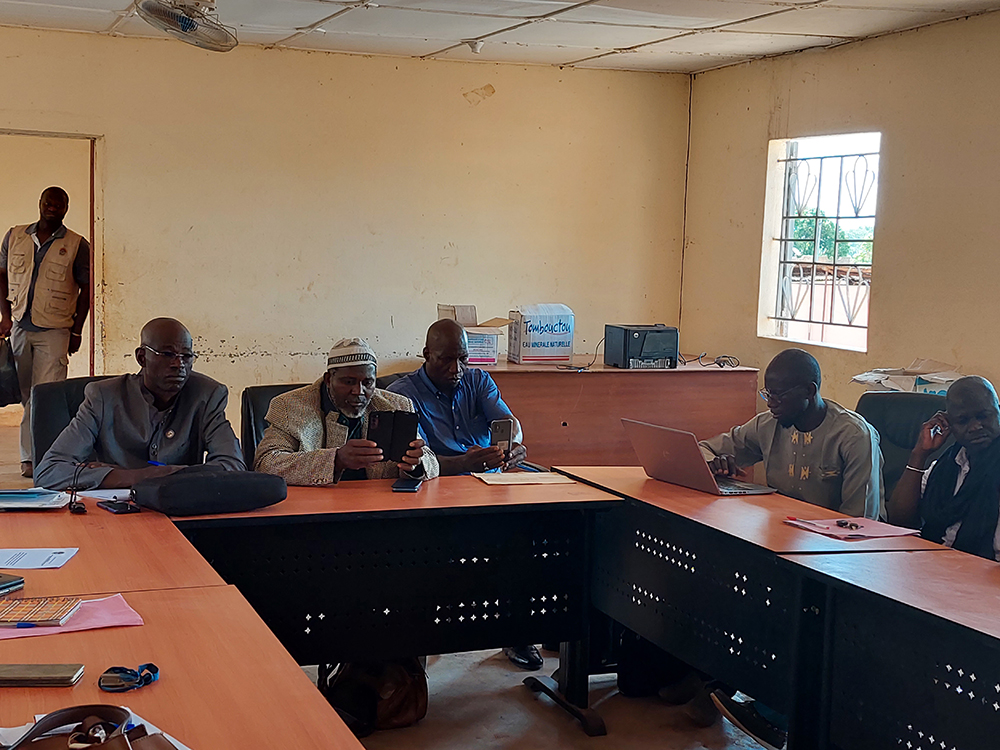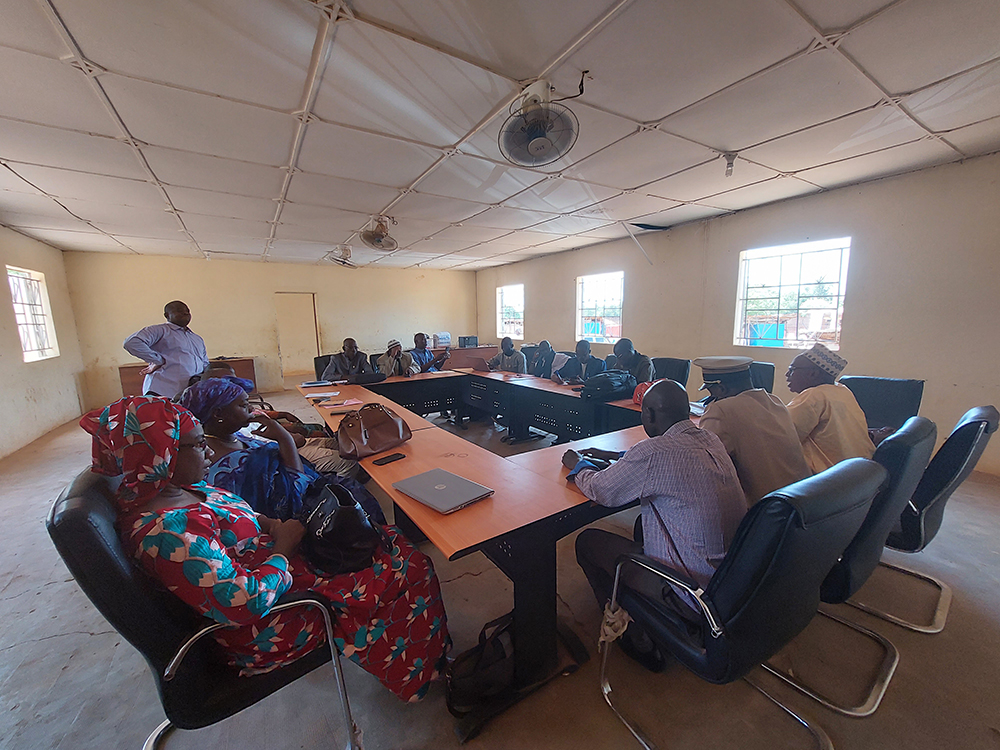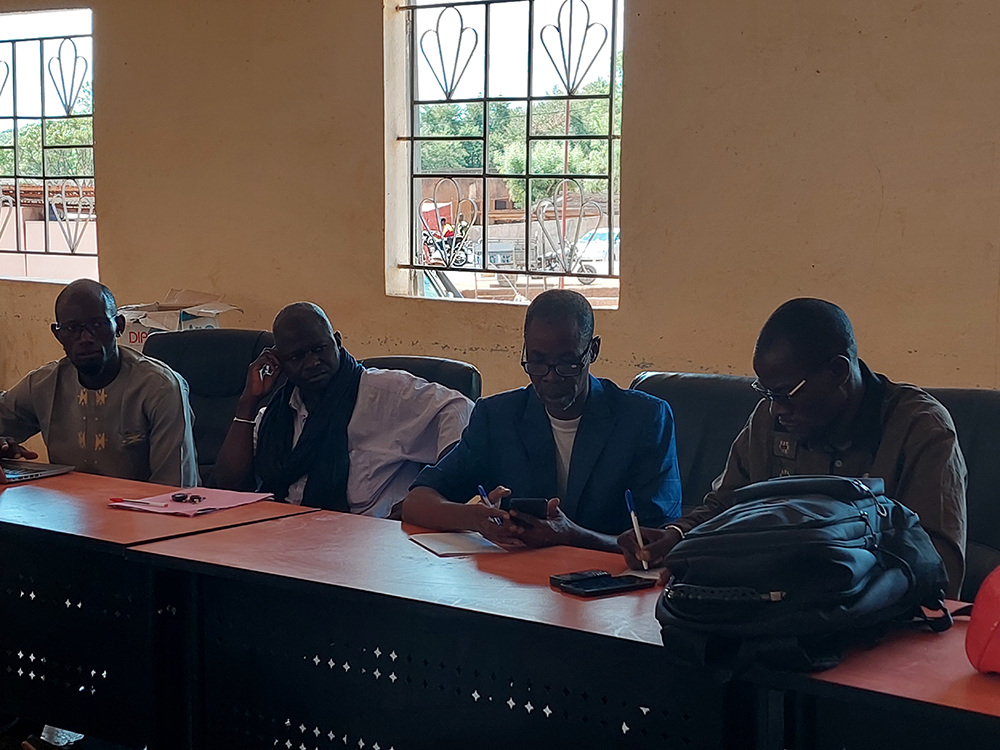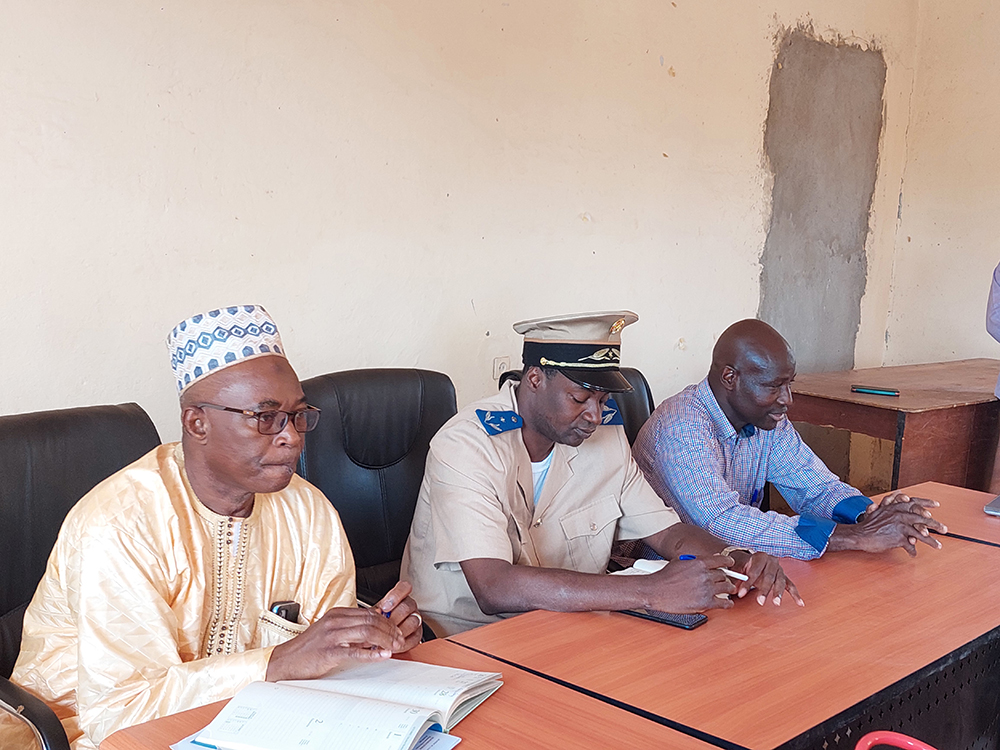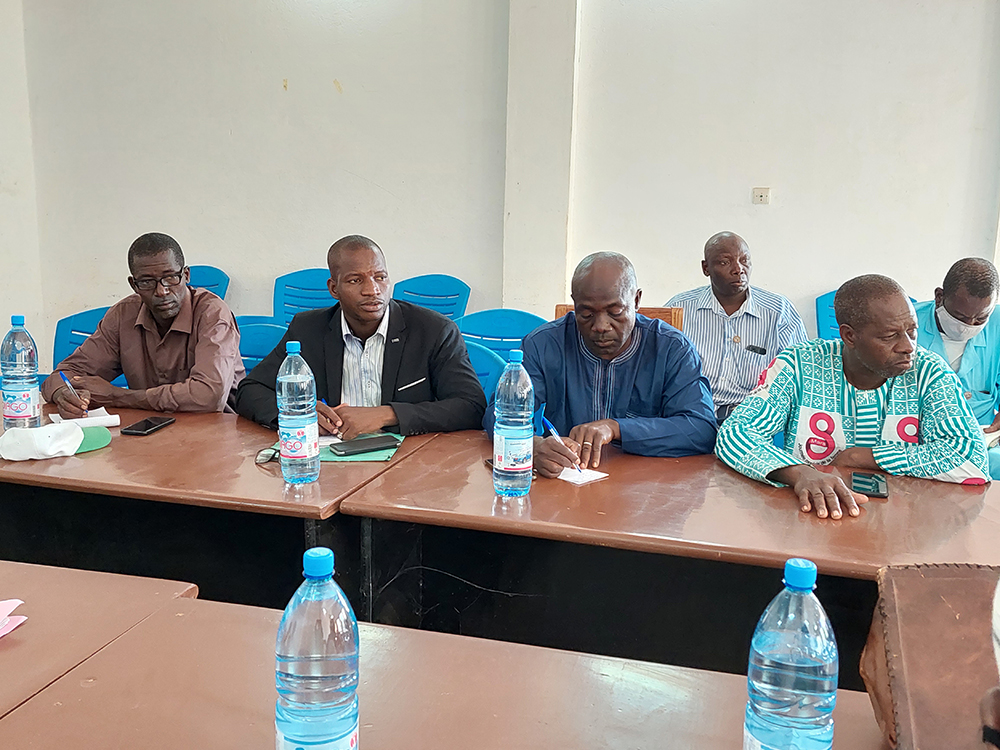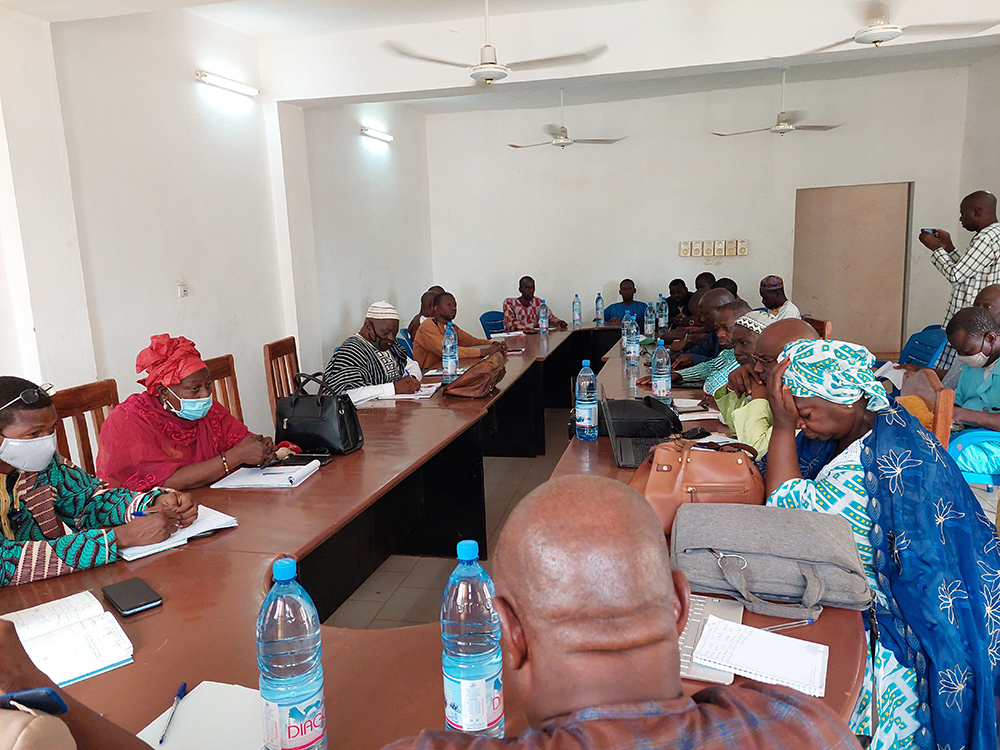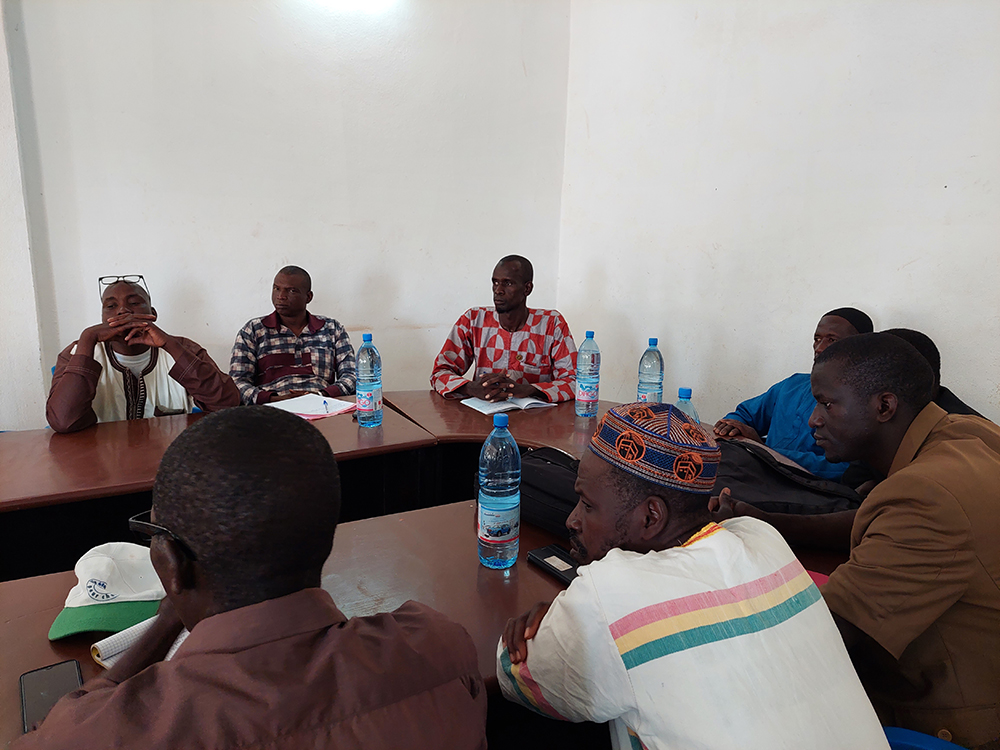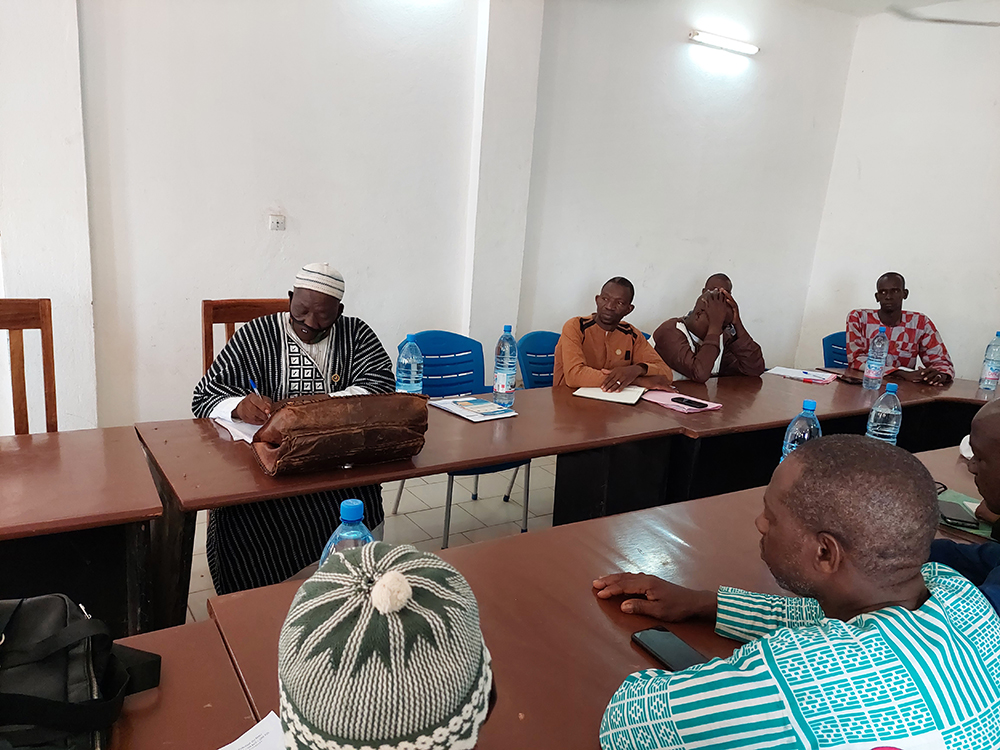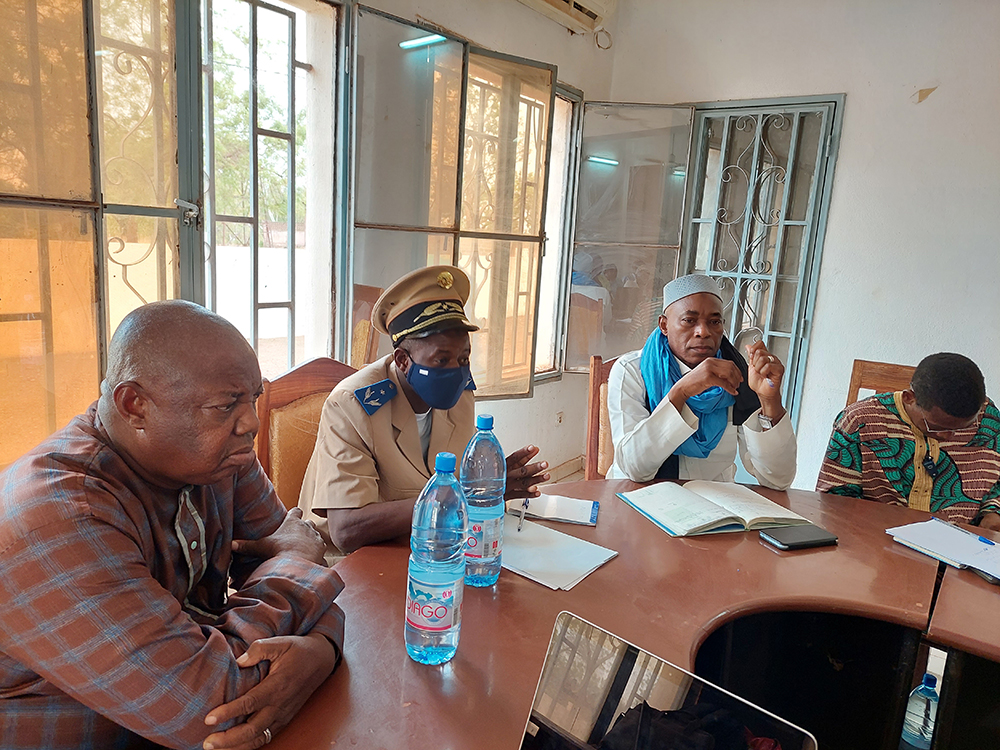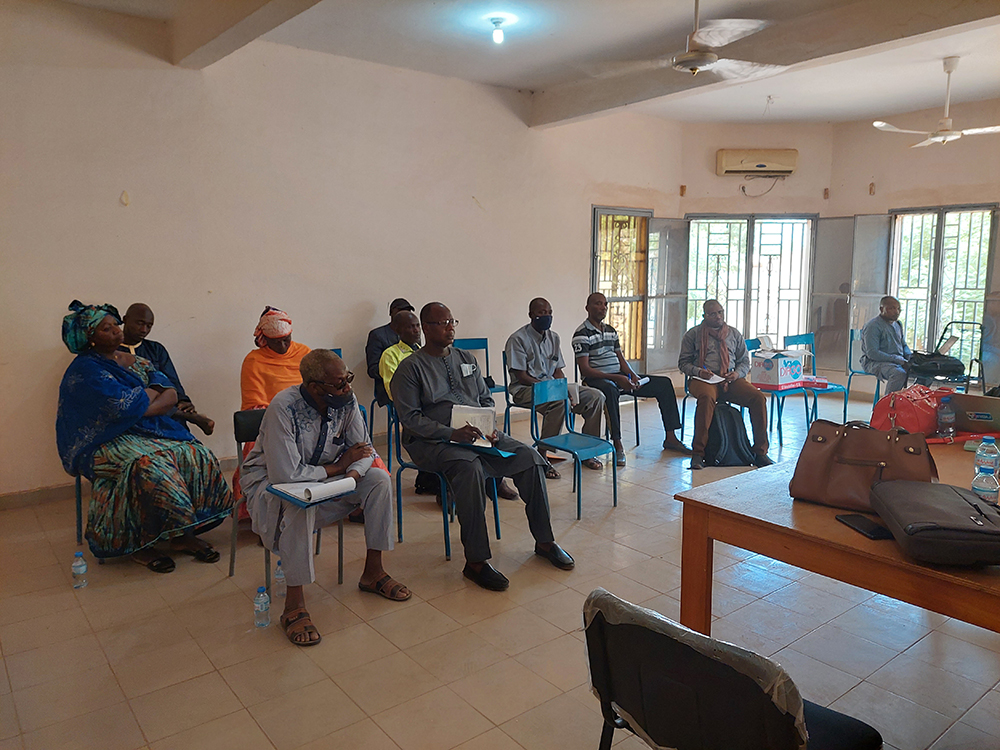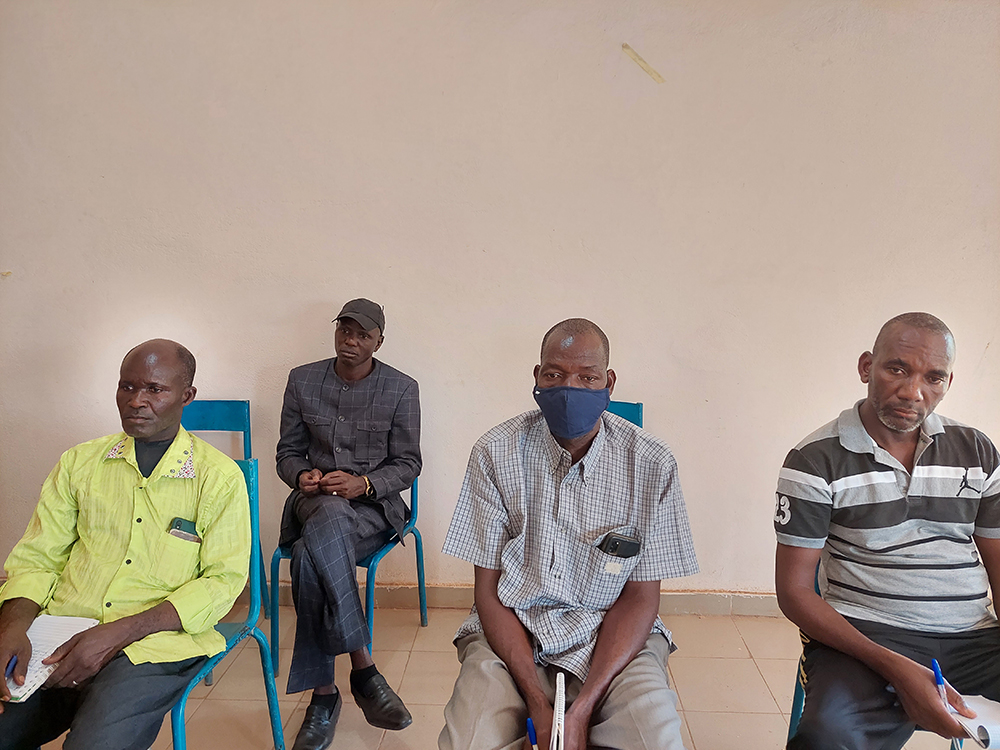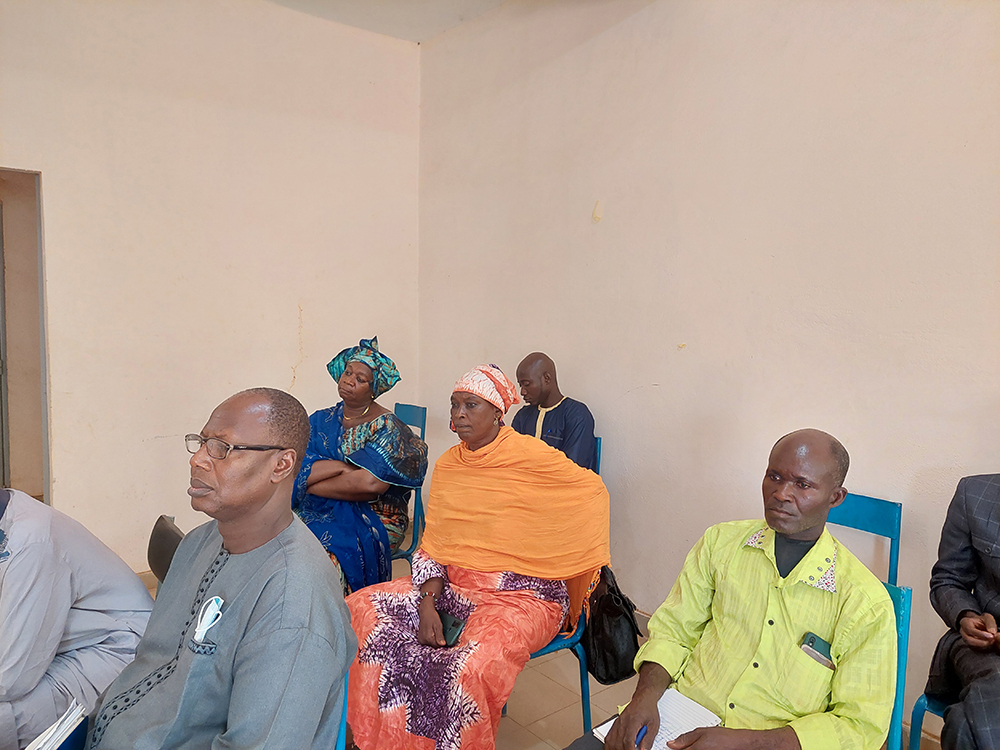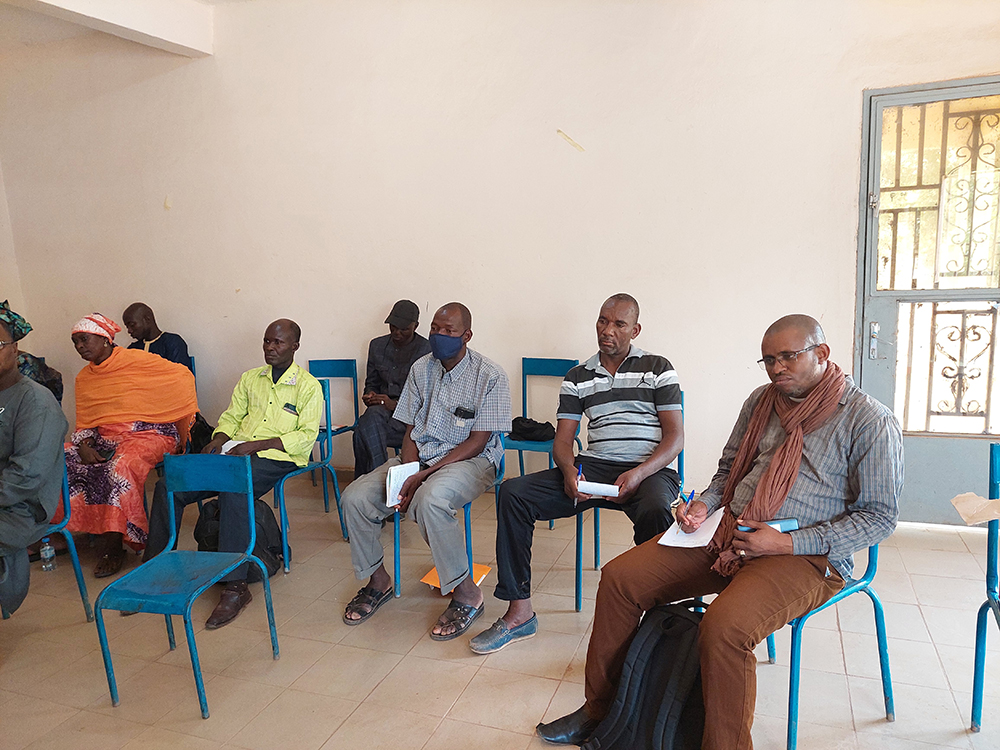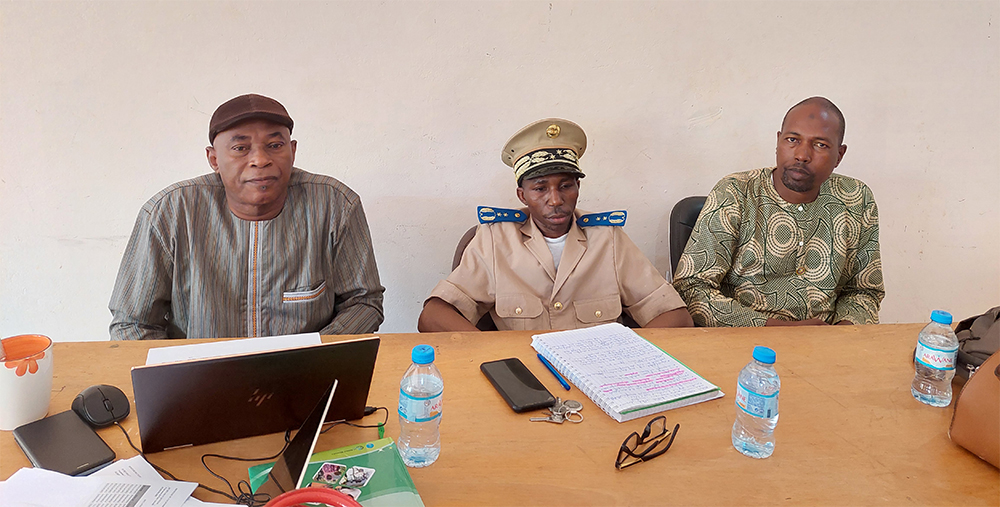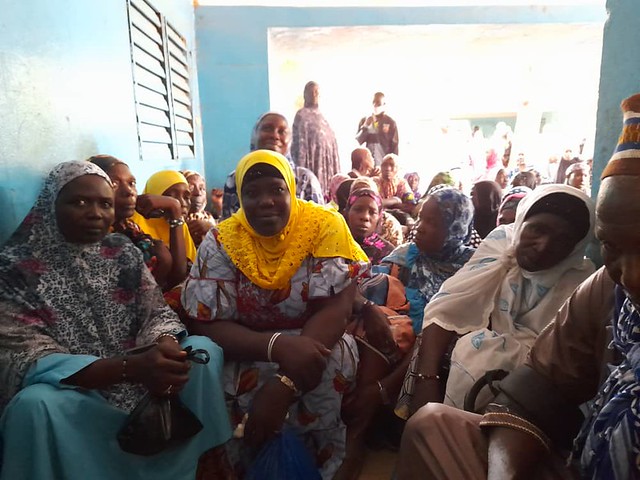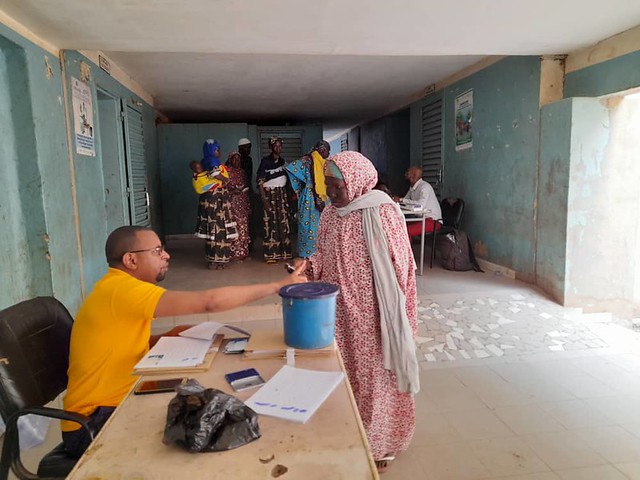The Social Net Program “Jigisemejiri” is managed by the Technical Management Unit (UTGFS) of the Program, headed by a Steering Committee.
Steering Committee
The National Steering Committee (NPC) includes representatives of different ministries involved in Social Protection, and is responsible for aspects related to the policies to be implemented and the orientation of the Project.
The National Steering Committee was created by Decree No. 2013-195 of the Prime Minister dated 27 February 2013. It is chaired by the Minister of Economy and Finance and the Minister of Solidarity and Humanitarian Action ensures the vice-presidency.
The role of the Steering Committee is to oversee the Project. According to the decree, the CNP is “in charge of:
provide strategic guidance and advice for the smooth running of the Project;
adopt the Annual Program of Activities of the Project;
adopt the annual budget of the Project;
approve the activity reports and the half-yearly and annual financial reports of the Technical Unit for Project Management;
ensure the implementation of the recommendations of the supervision and audit missions;
order any appropriate remedy in the event of an unjustified discrepancy between achievements and forecasts “.
Technical Unit for Social Net Management (UTGFS)
A Technical Unit for Social Net Management (UTGFS) is created for the implementation of the IDA H 835 – ML parent project housed in the Ministry of the Economy and Finance, and attached to the General Secretariat., And any other project whose financing is acquired and contributing to the achievement of the overall objective of the Program. A decree of the MEF defines the institutional framework and operating procedures of the UTGFS.
At the regional level the program is represented by the Regional Director of Social Development.
At the local level, he is represented by the head of social development supported by one or more Liaison Officer Liaison (ASL) recruited by the UTGFS.
This system will be expanded and supplemented according to the needs of human resources on the ground, in particular the creation of the regional antennas, and possibly a device in some pilot towns, to support the initiative of the communal centers of social development.
In order to facilitate the implementation of its programs of activities, the UTGFS set up bodies responsible for the coordination and supervision of activities at national level (National Technical Committee – TNC), regional (Coordination Committee Regional – CCR), local (Local Coordination Committee – CCL), communal (Communal Committee – CC), villager (Village Committee – CV).
The manuals of the technical operations specify the terms.
Regional Coordination Unit of the Program
The UTGFS will rely on three regional implementation units (regional offices, RAs) to coordinate the project activities, in close collaboration with the deconcentrated competent governmental entities at the regional, cercle and commune levels.
COMPOSITION OF THE COORDINATION UNIT (REGIONAL ANTENNA)
In 2019, a Regional Antenna will be set up in each of the following regions: Kayes, Mopti and Gao.
The Regional Antenna of the Social Nets Program (AR) is the coordinating body for the implementation of the project at the regional level.
Under the authority of a head of antenna and the Project Coordinator, the RA is responsible for:
• coordinate, in relation with the technical services involved in the implementation of the Project and the Communities, the realization of project activities at the regional level; CCR and CCL and communal committees and village committees) the implementation of the resolutions and recommendations that will emerge from them;
• Contribute to the development and monitoring of project performance indicators based on the collection of reliable and up-to-date documentary data on the results of the different components of the project;
• organize consultation, communication and information campaigns related to the implementation of the Project at the regional level;
• Prepare, in conjunction with the Technical Services and other relevant stakeholders, detailed reports on the implementation of the Project at the regional level.
The staff in each Regional Antenna is composed as follows:
1- an antenna leader;
2- an administrative and accounting assistant;
3- driver
This staff could be strengthened if necessary.





